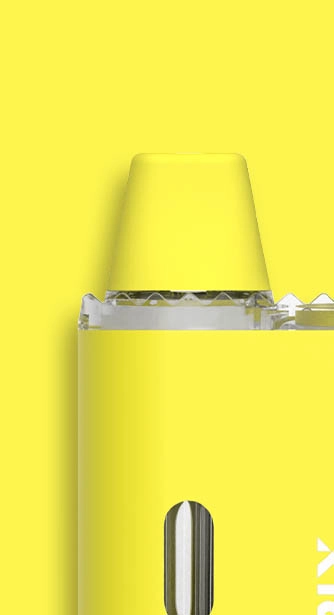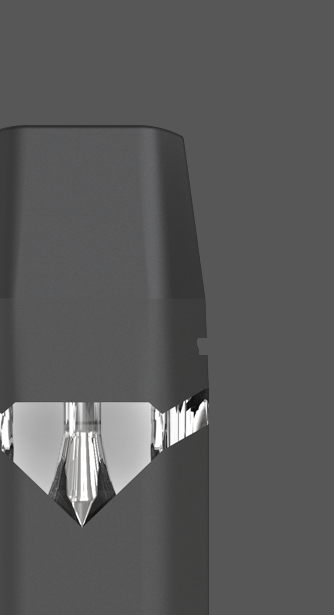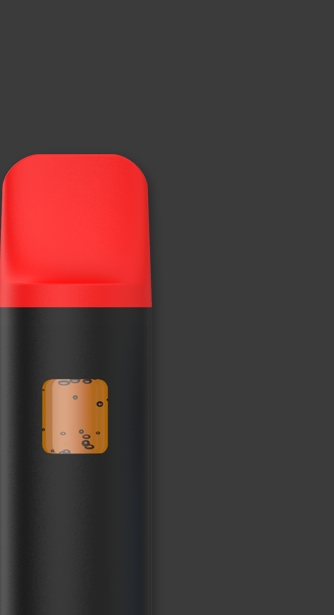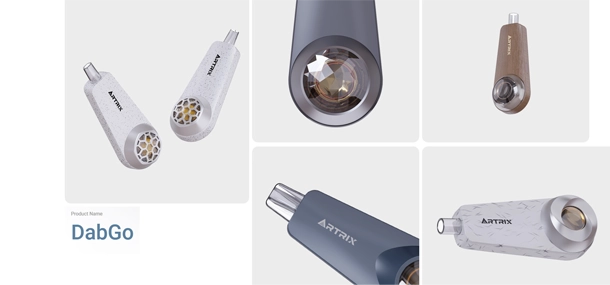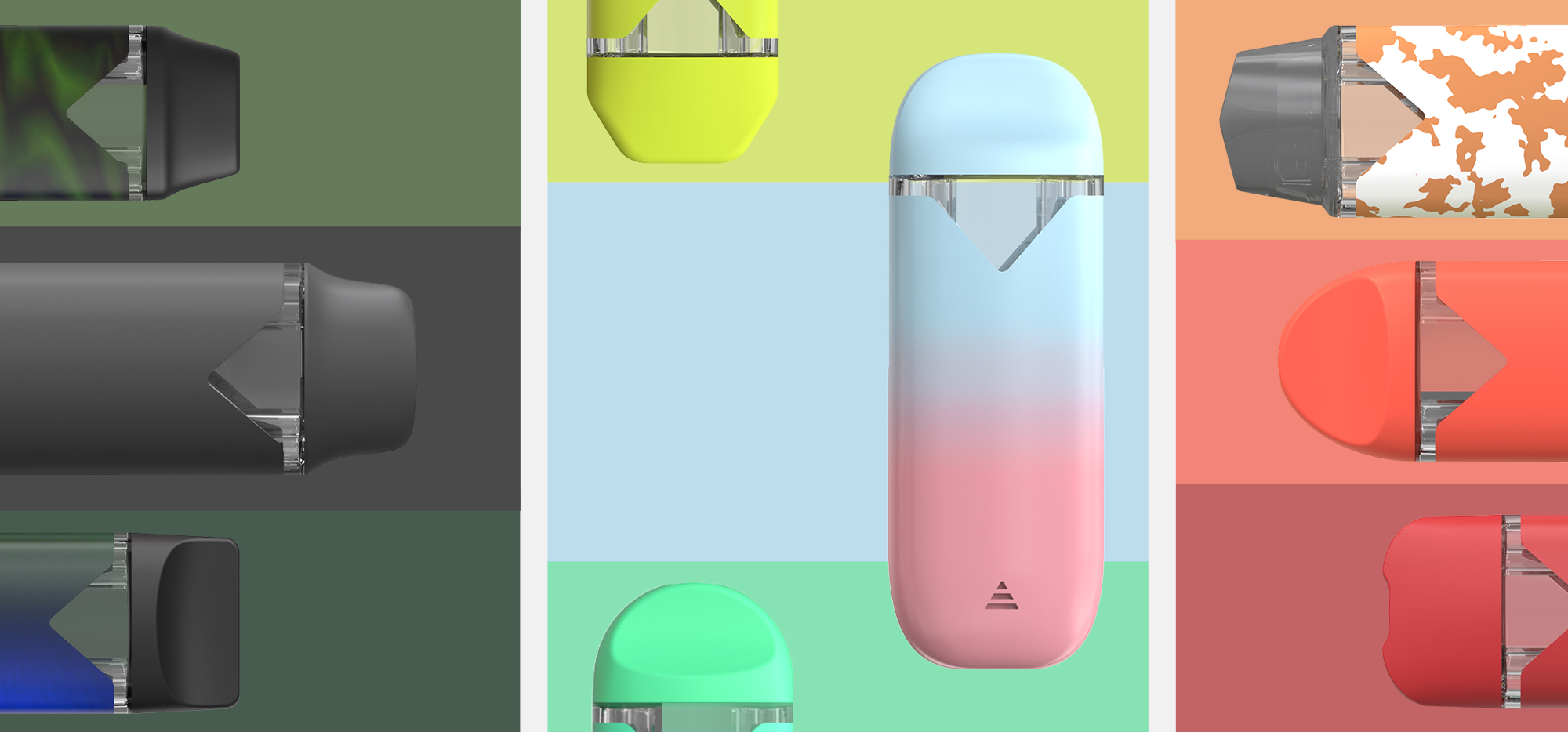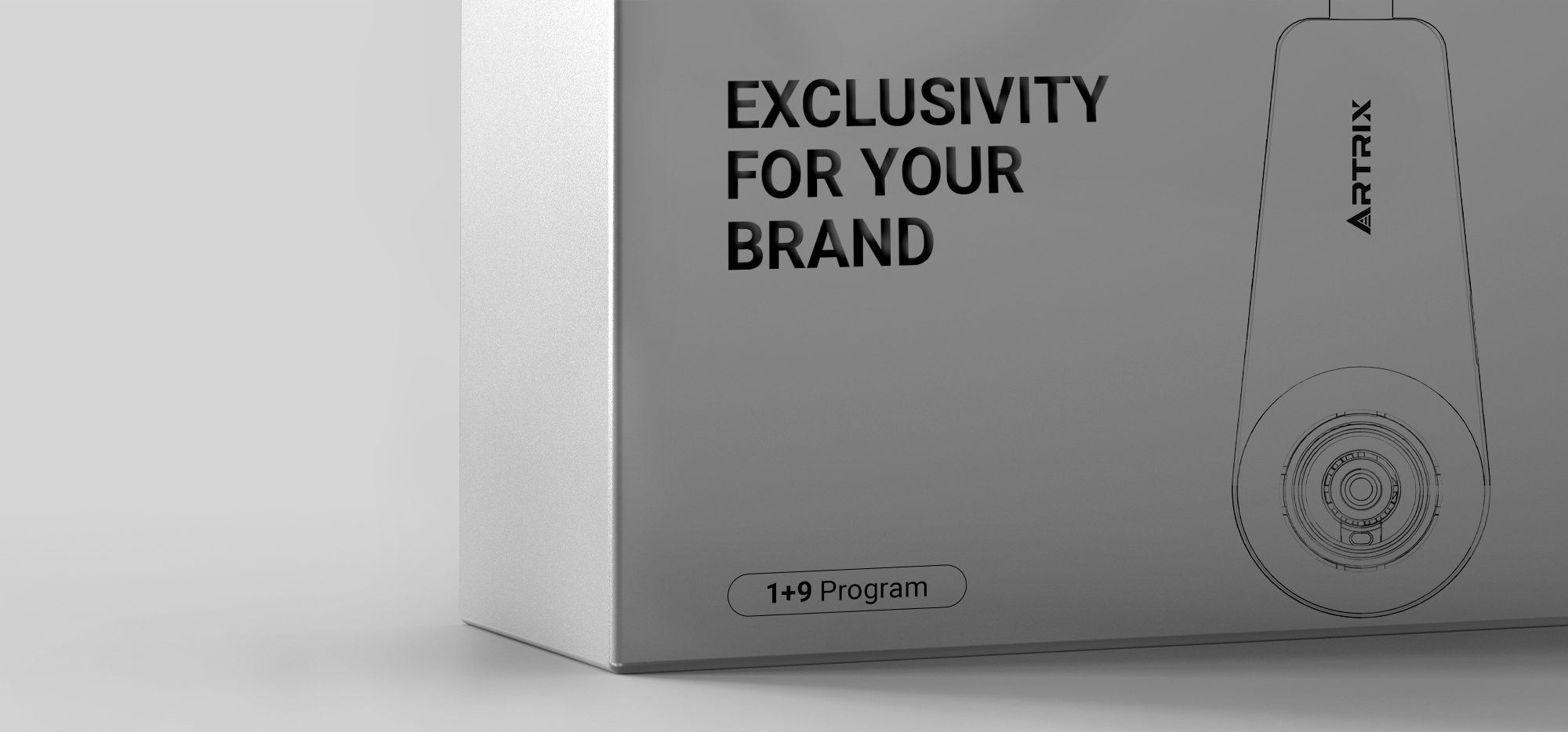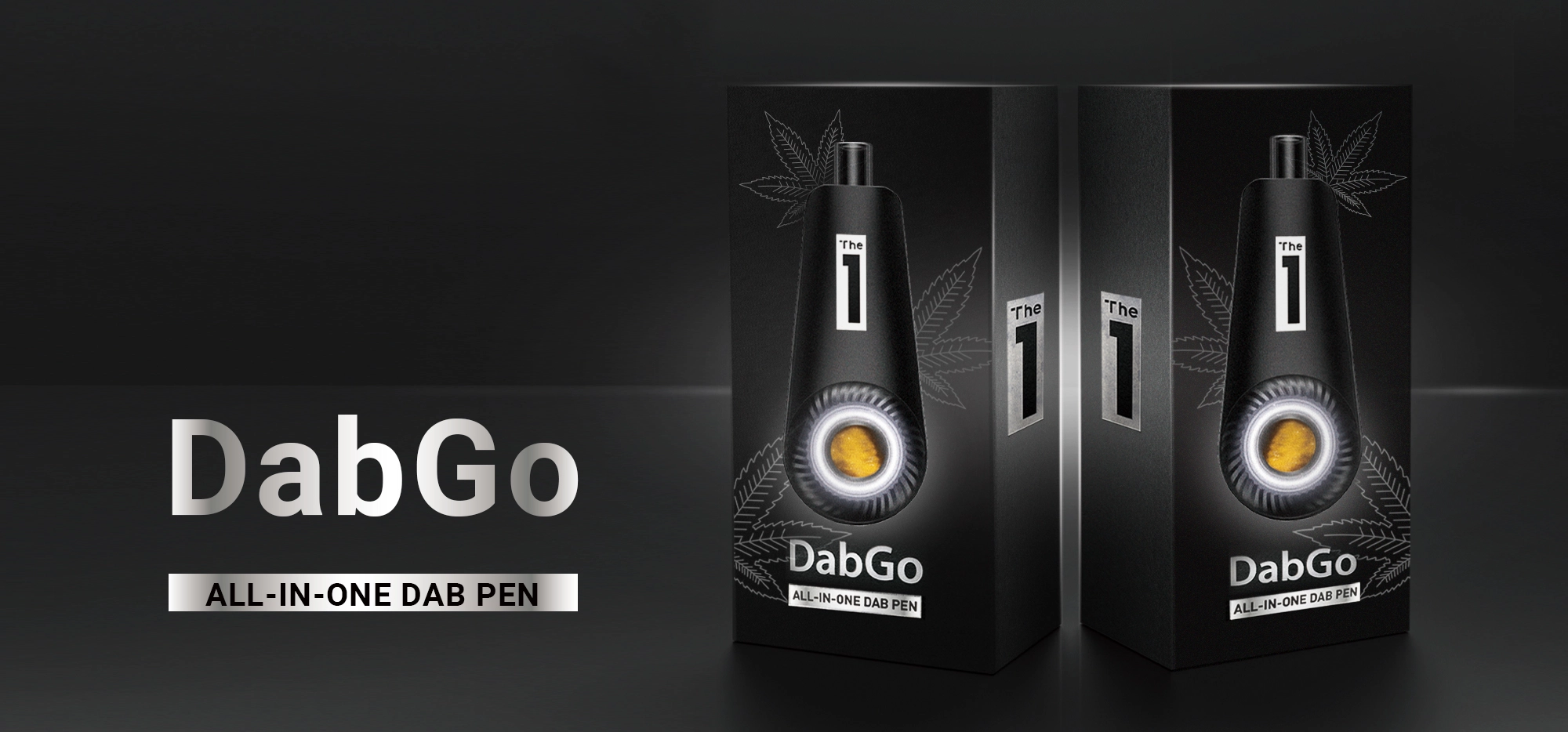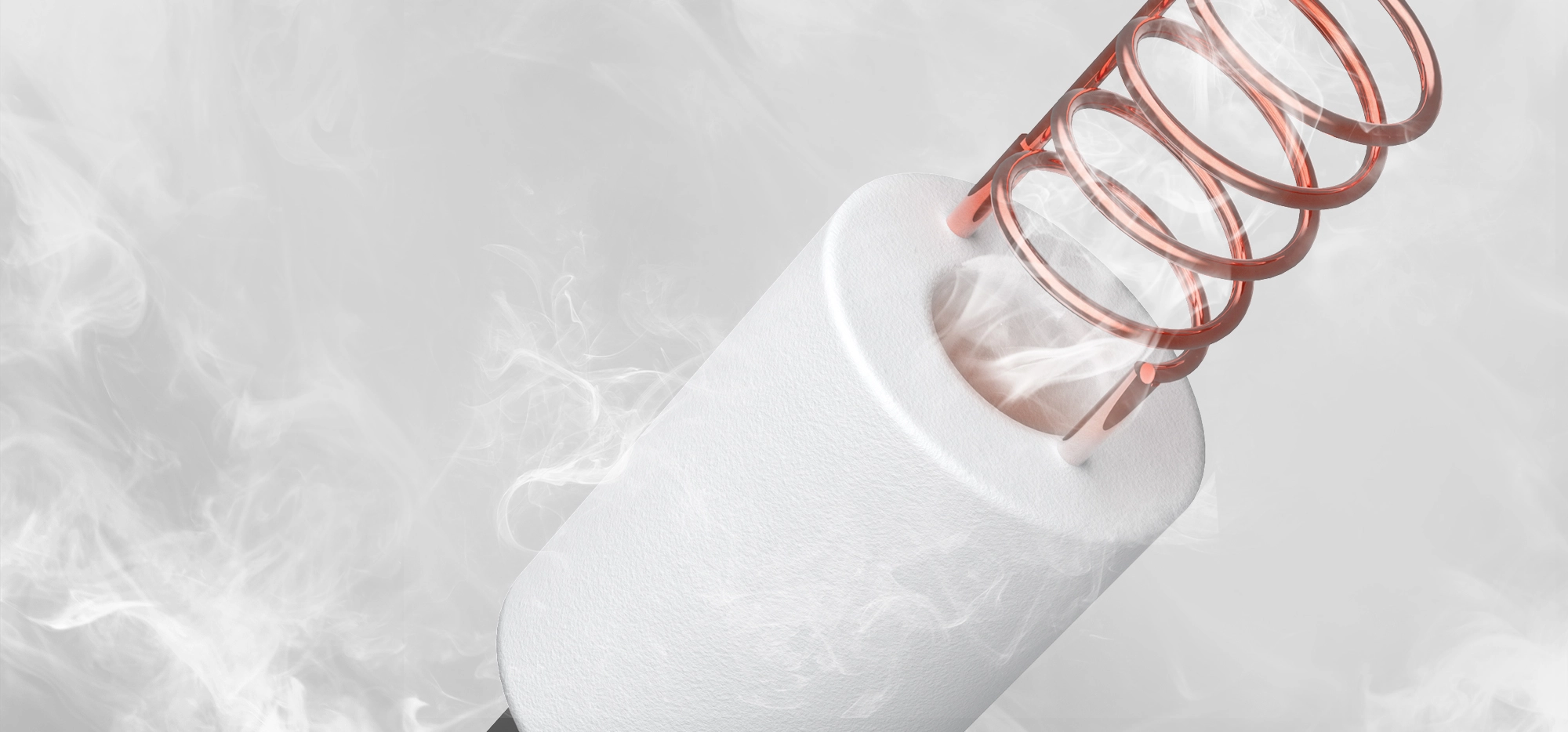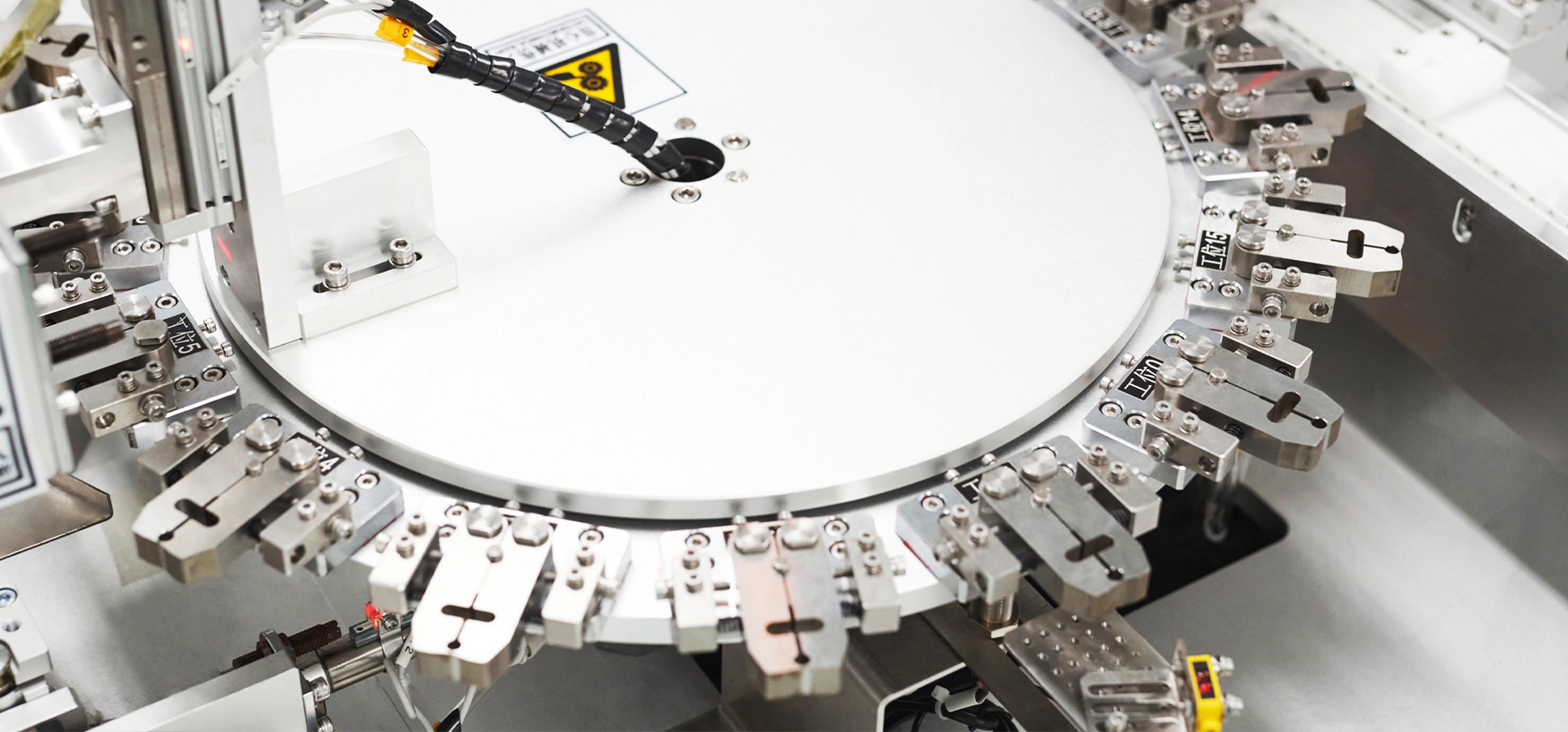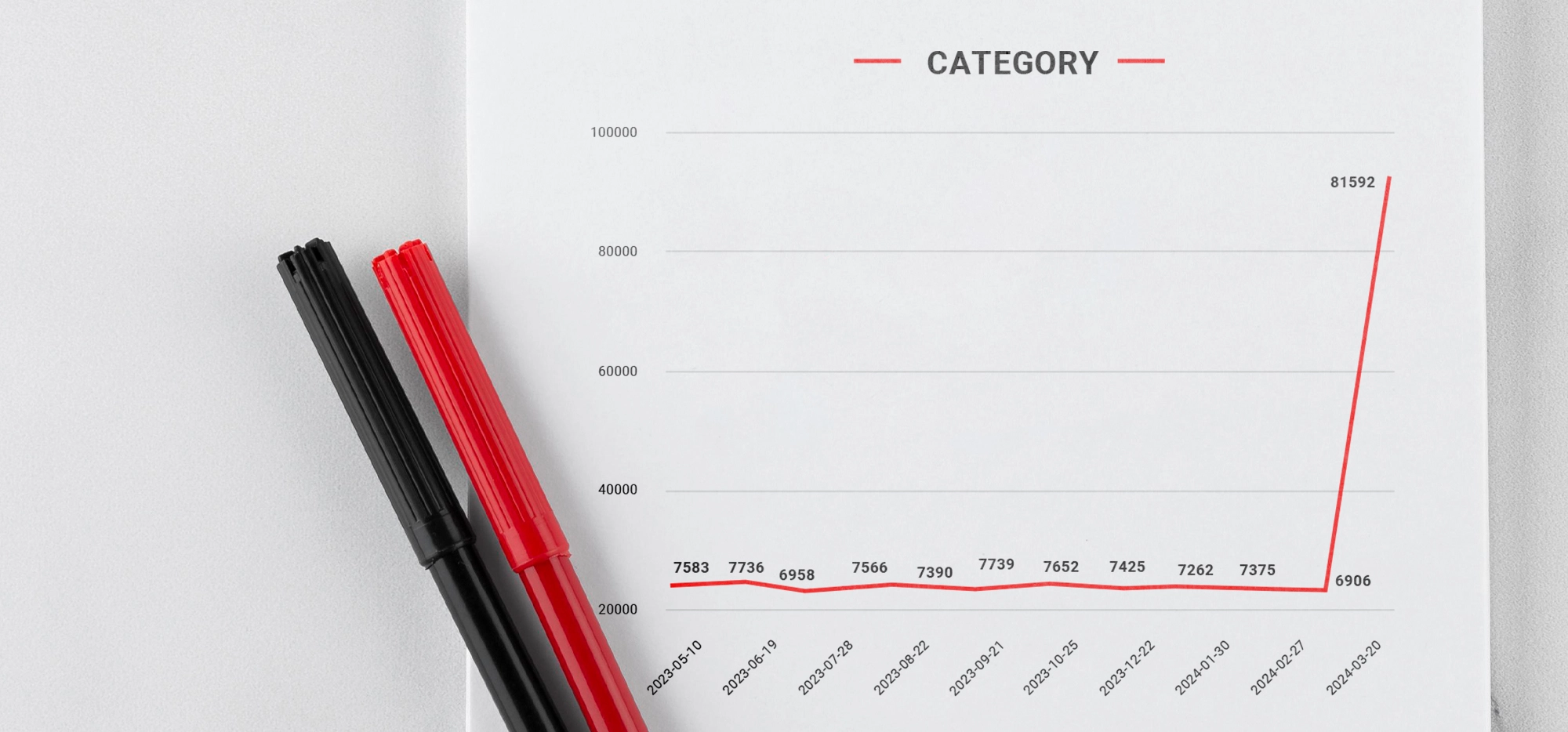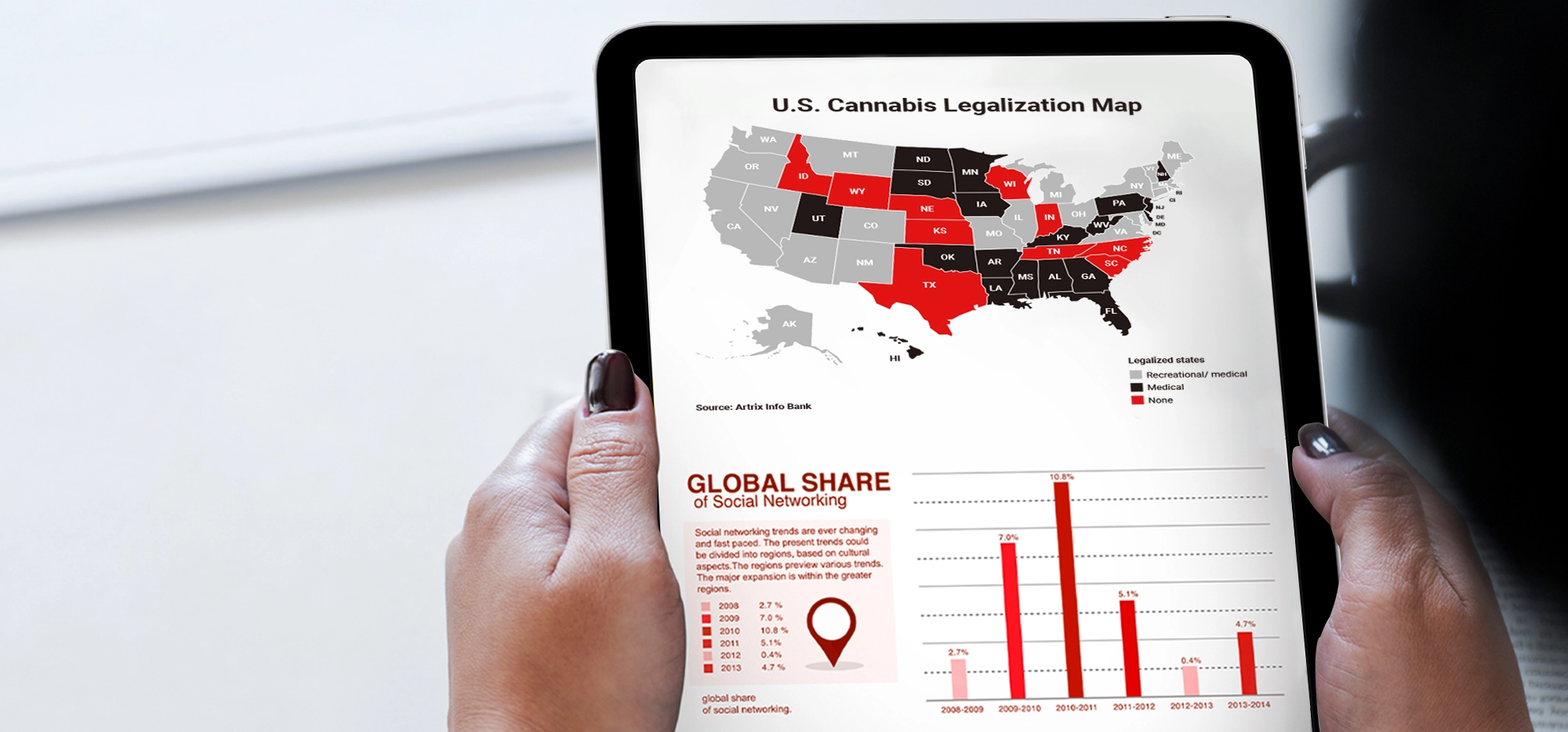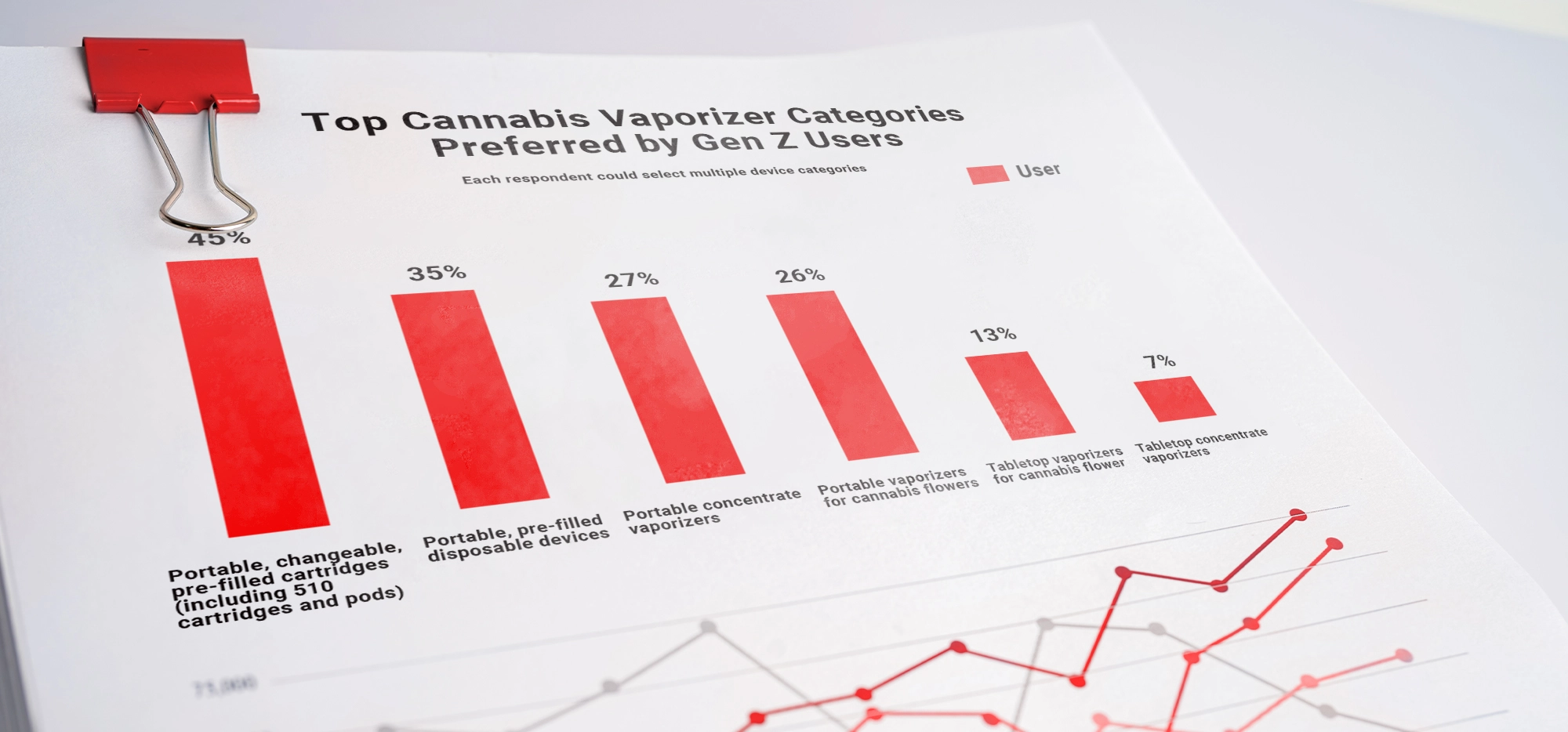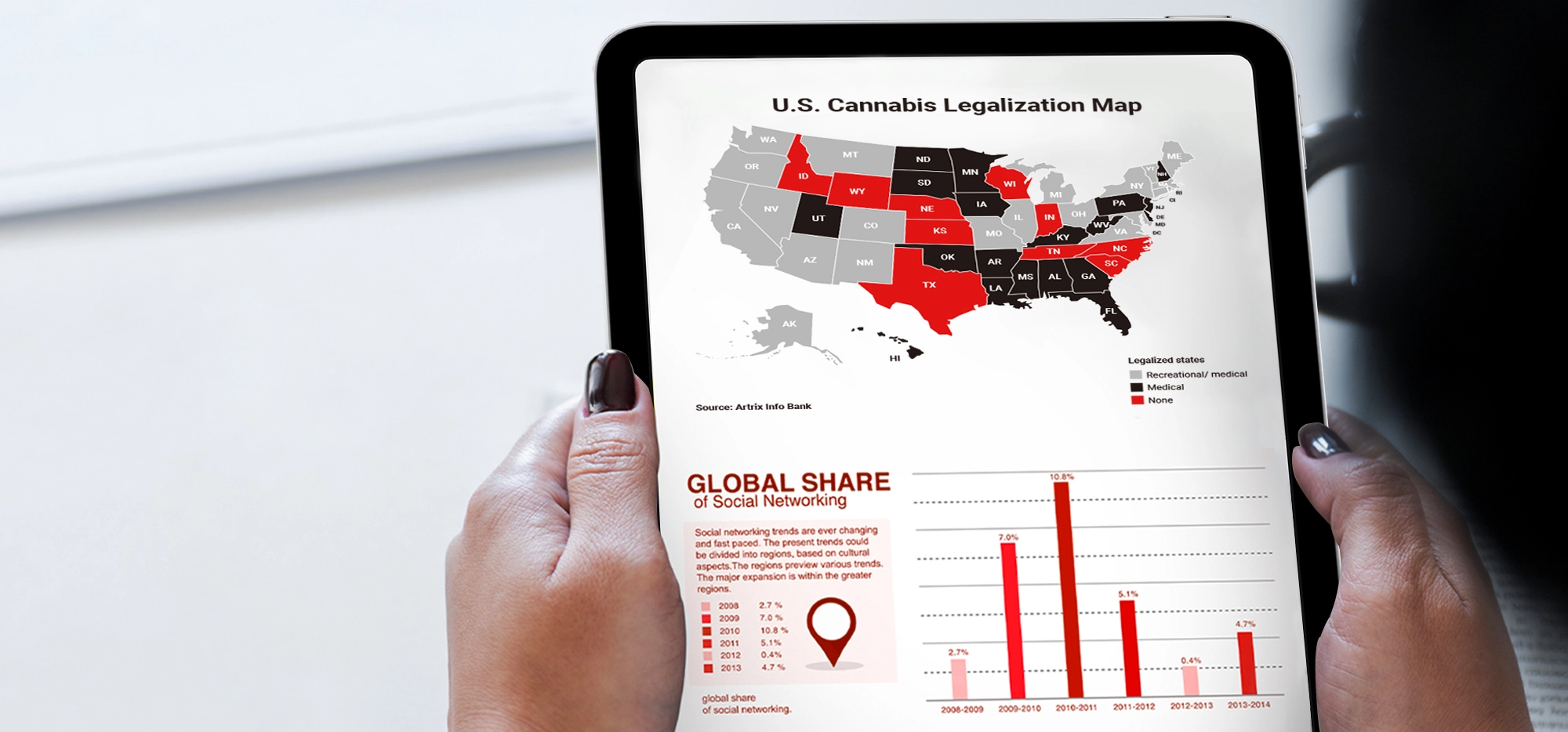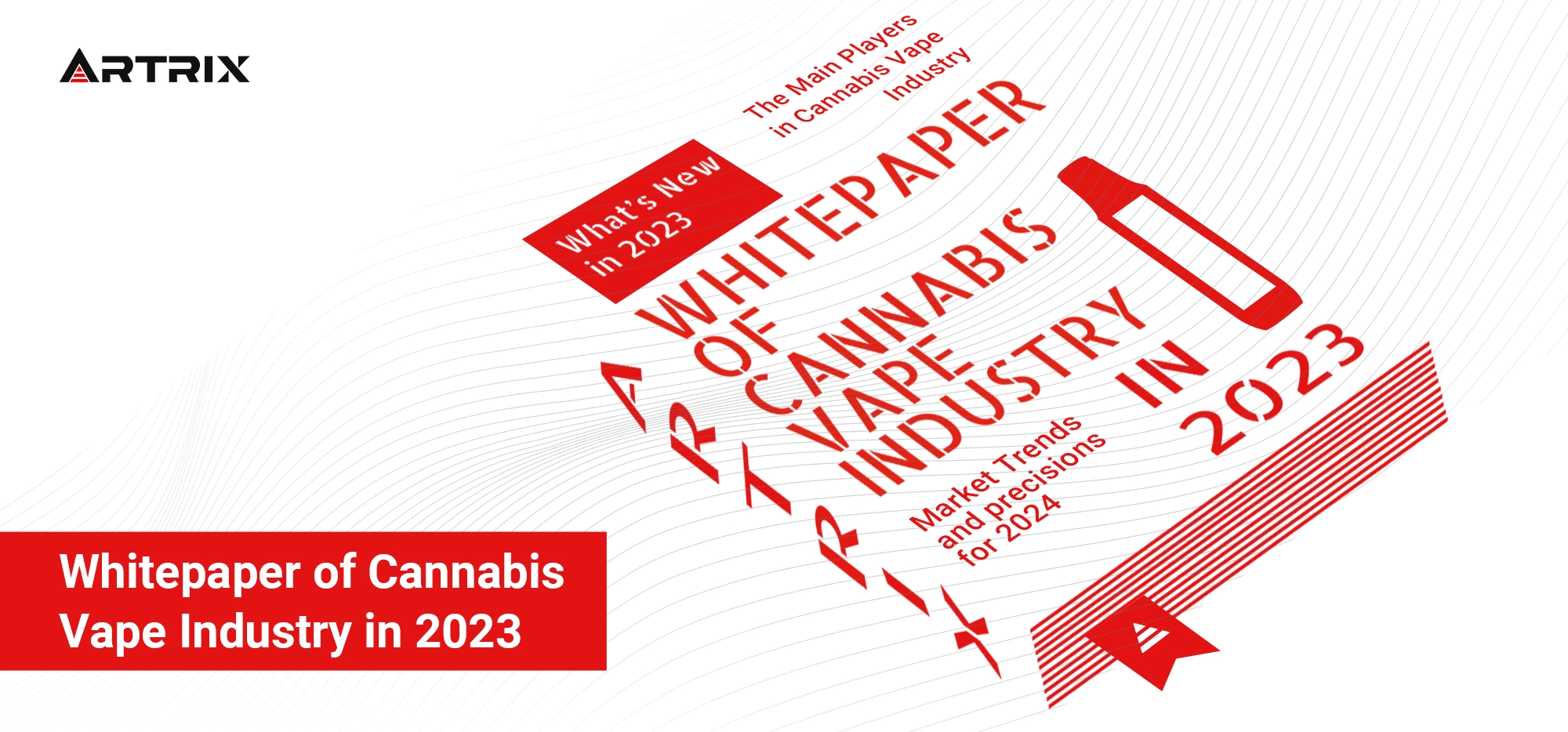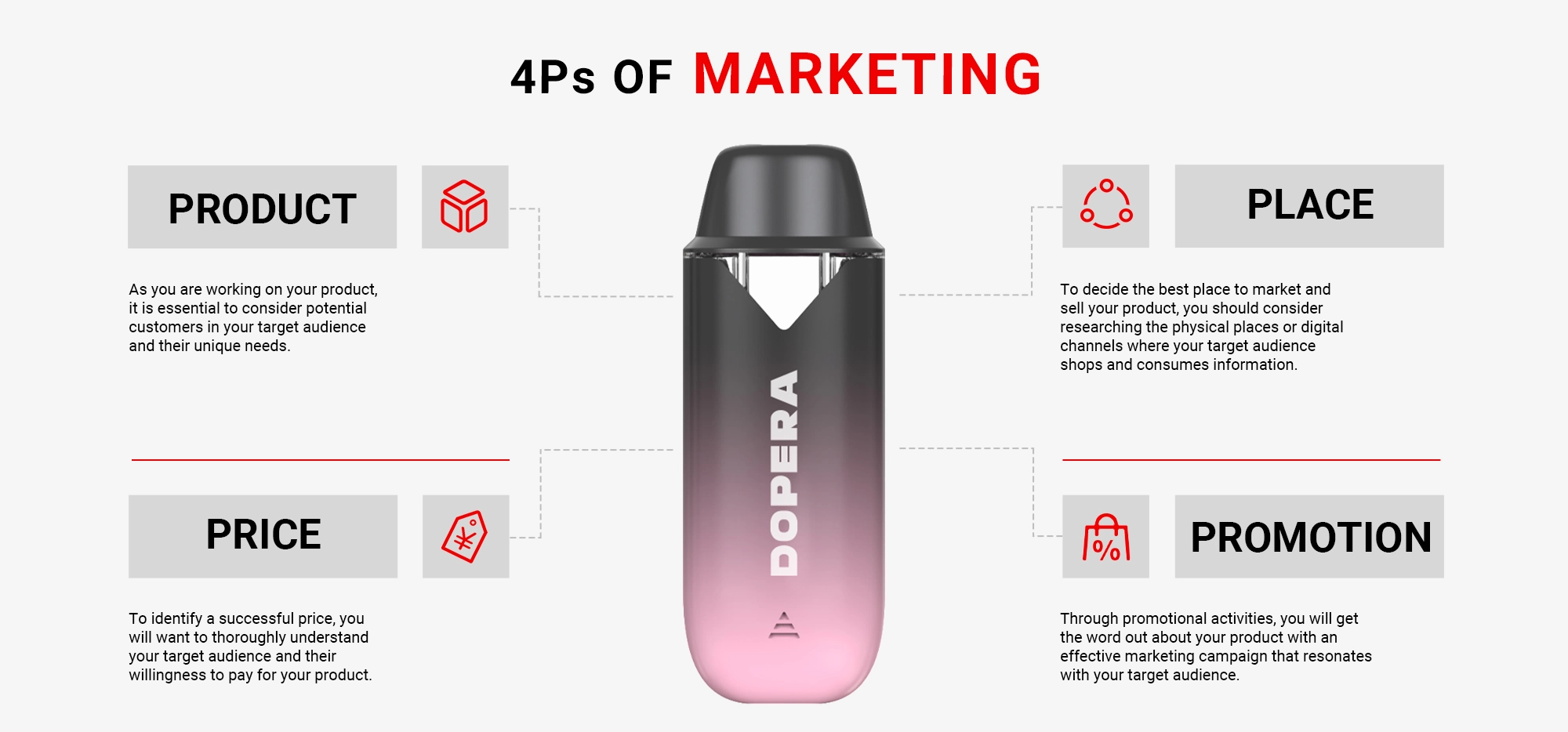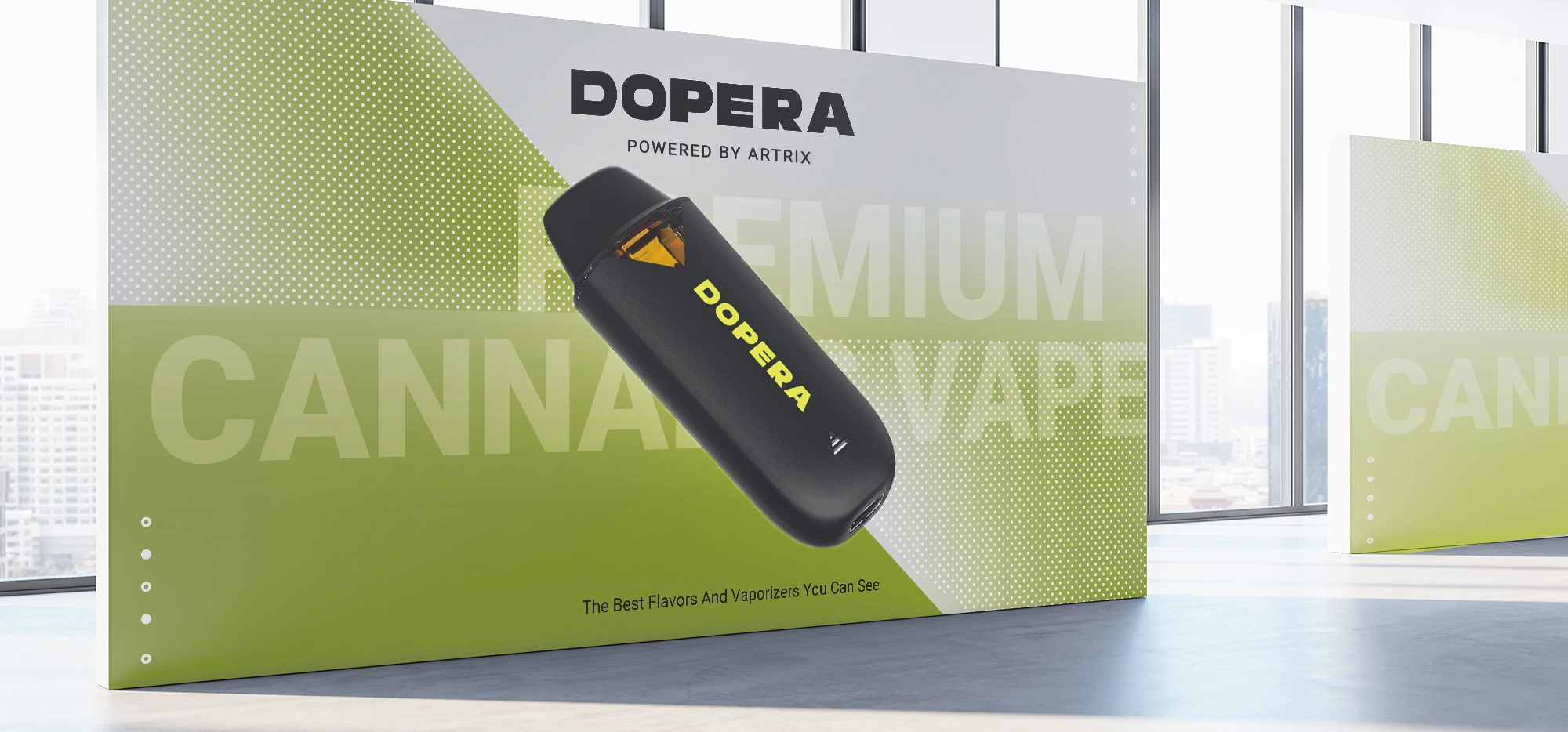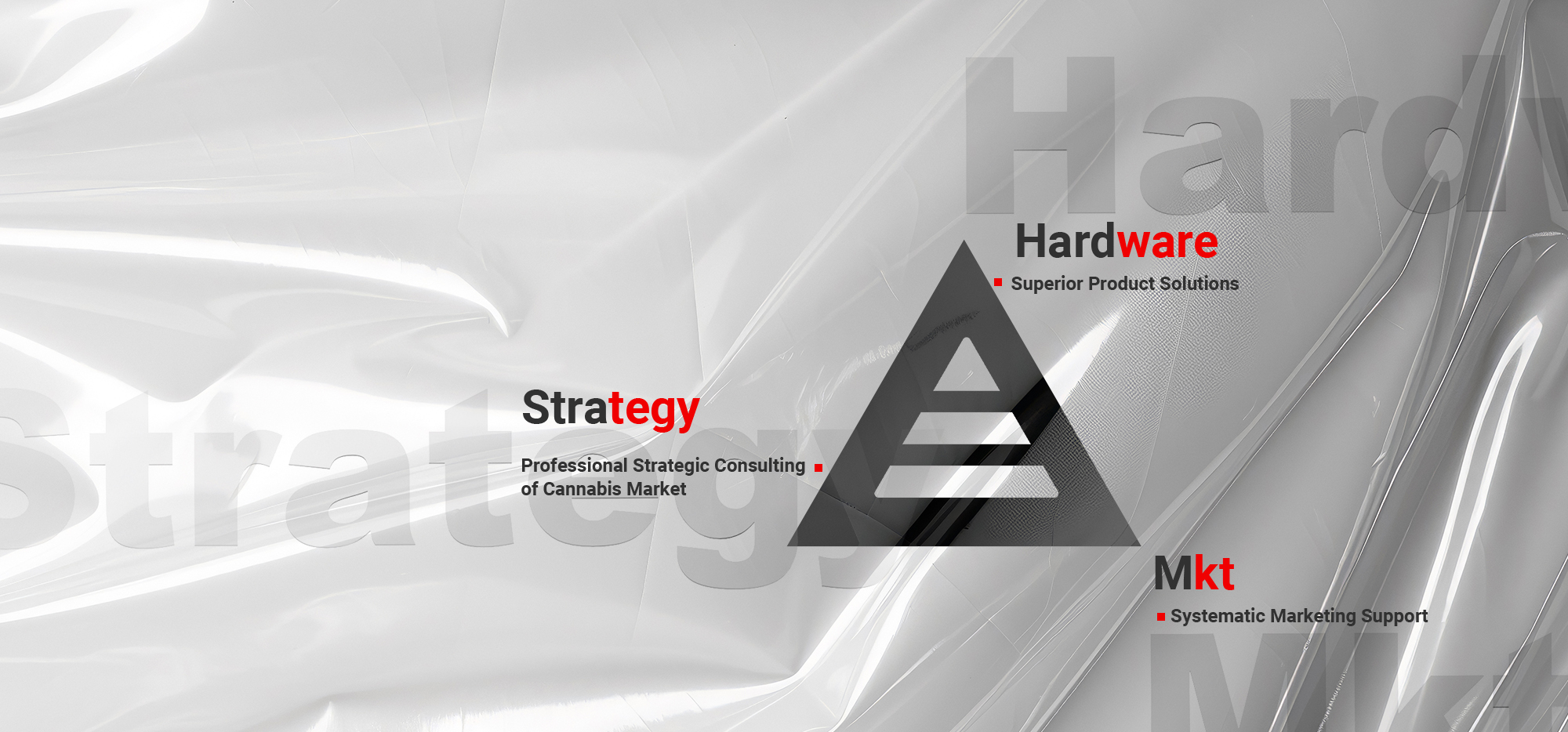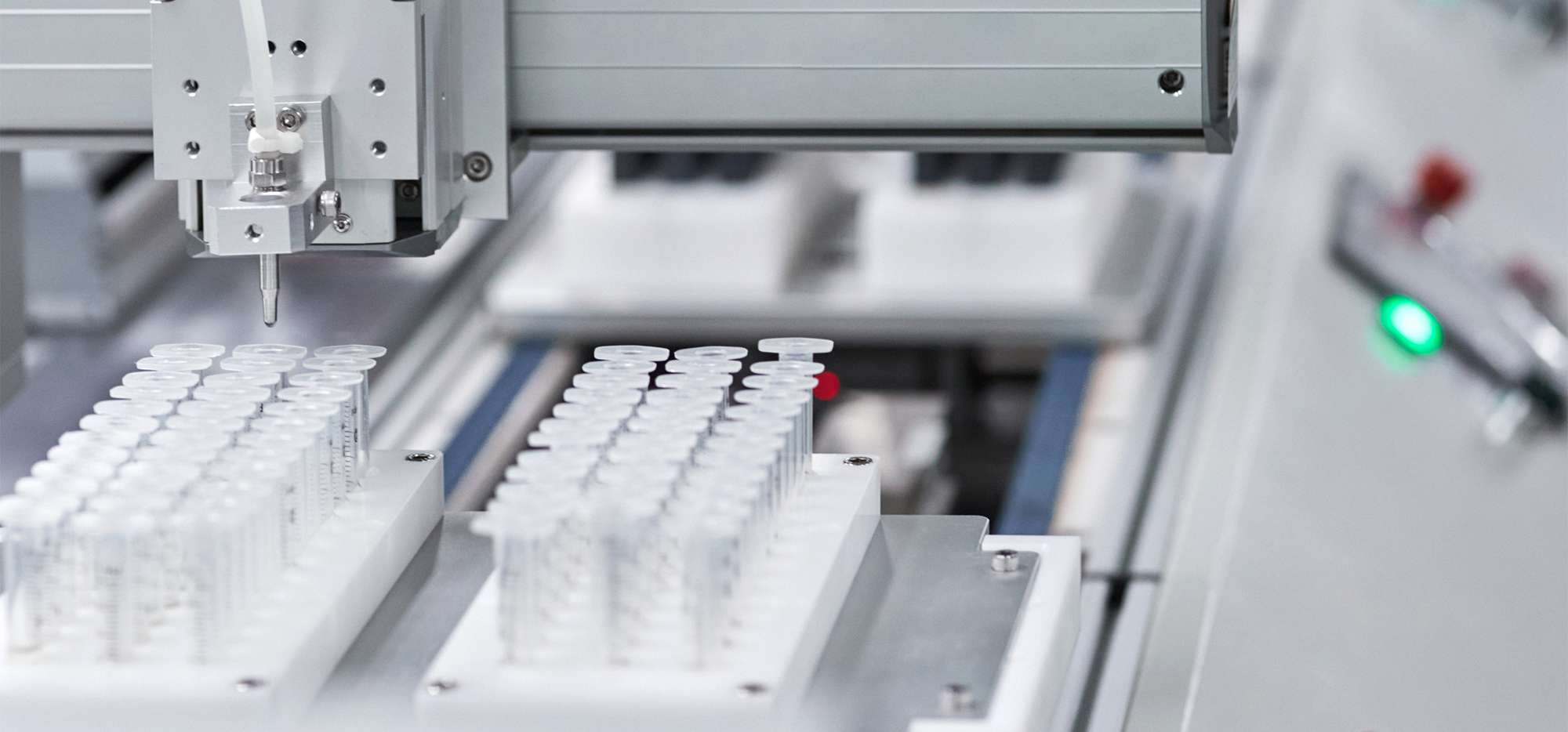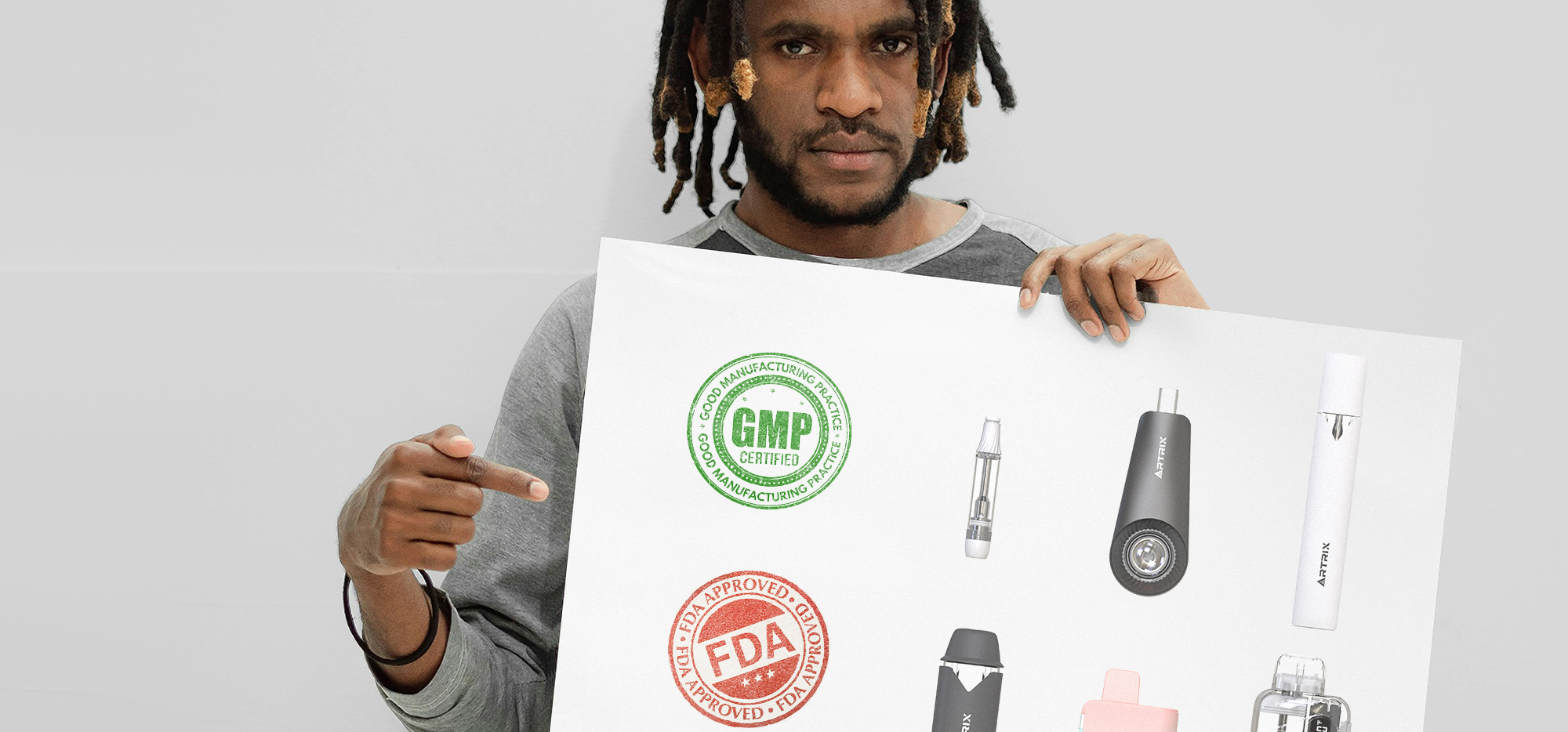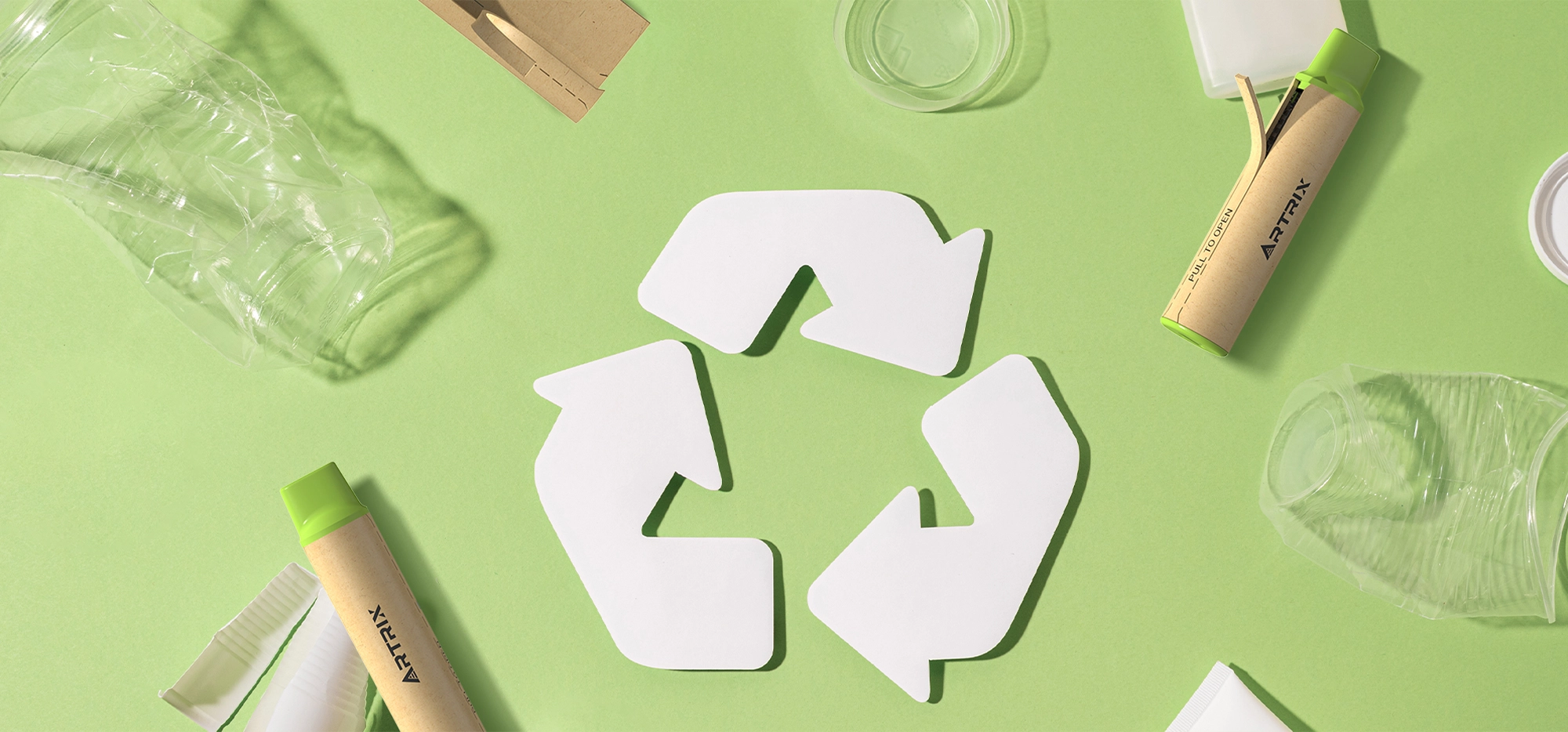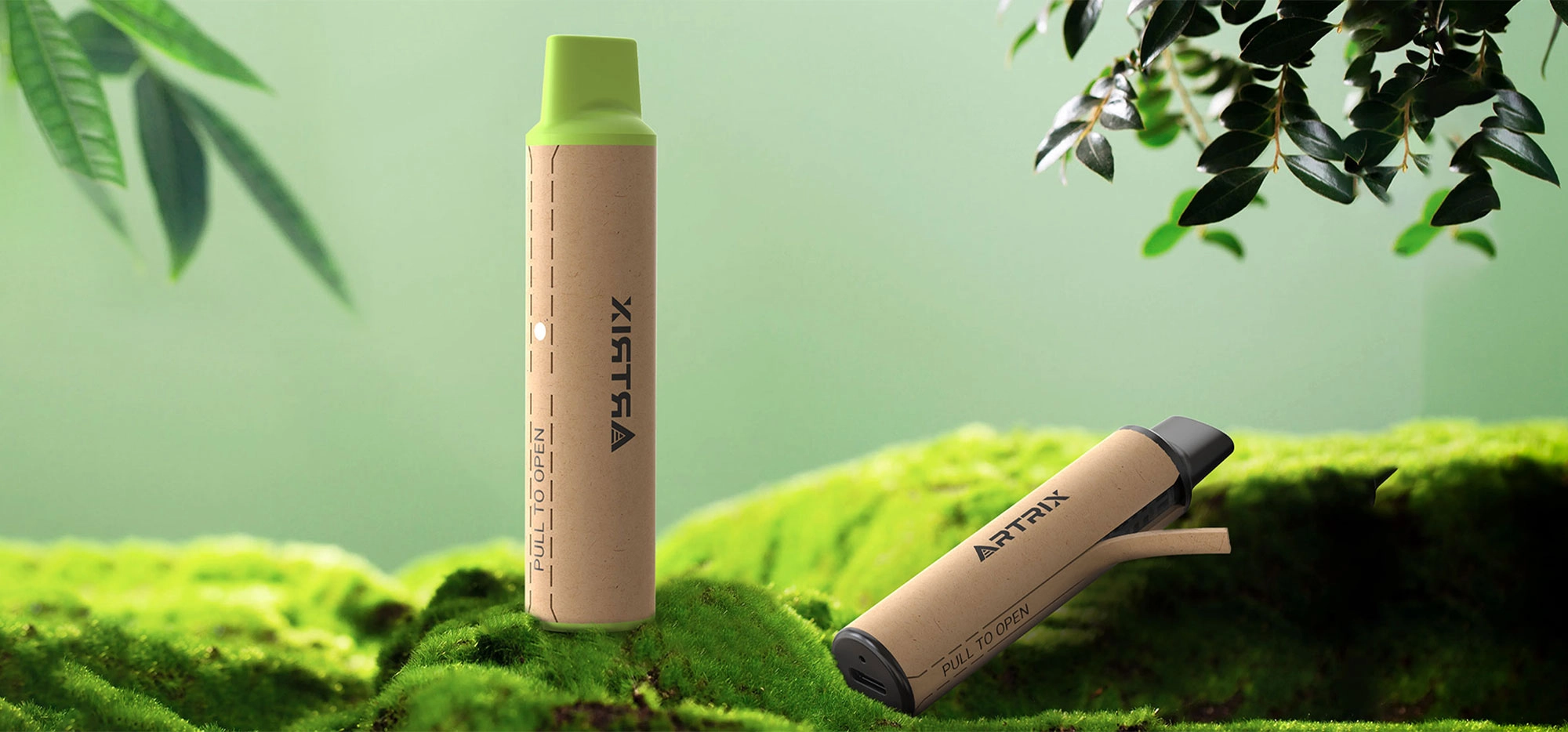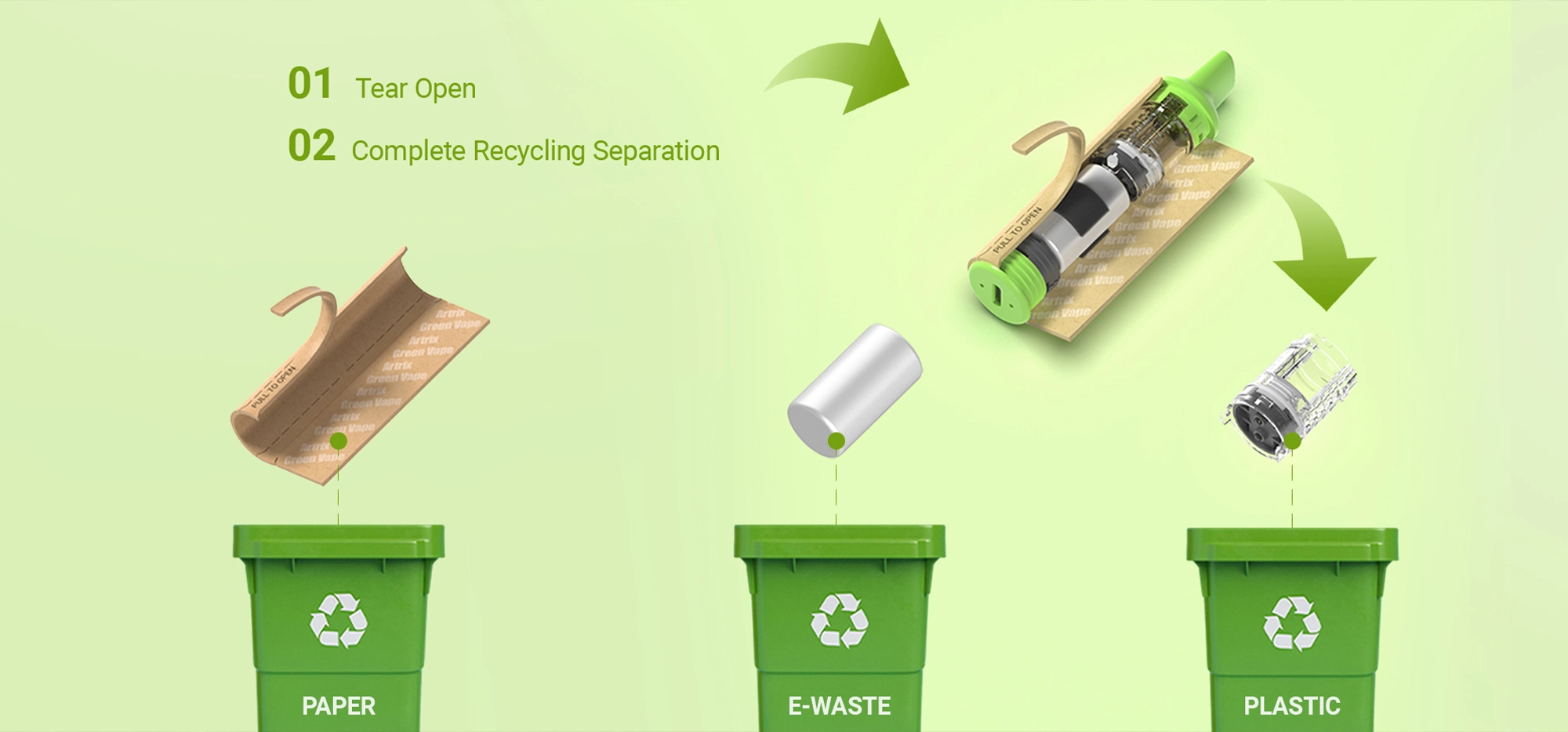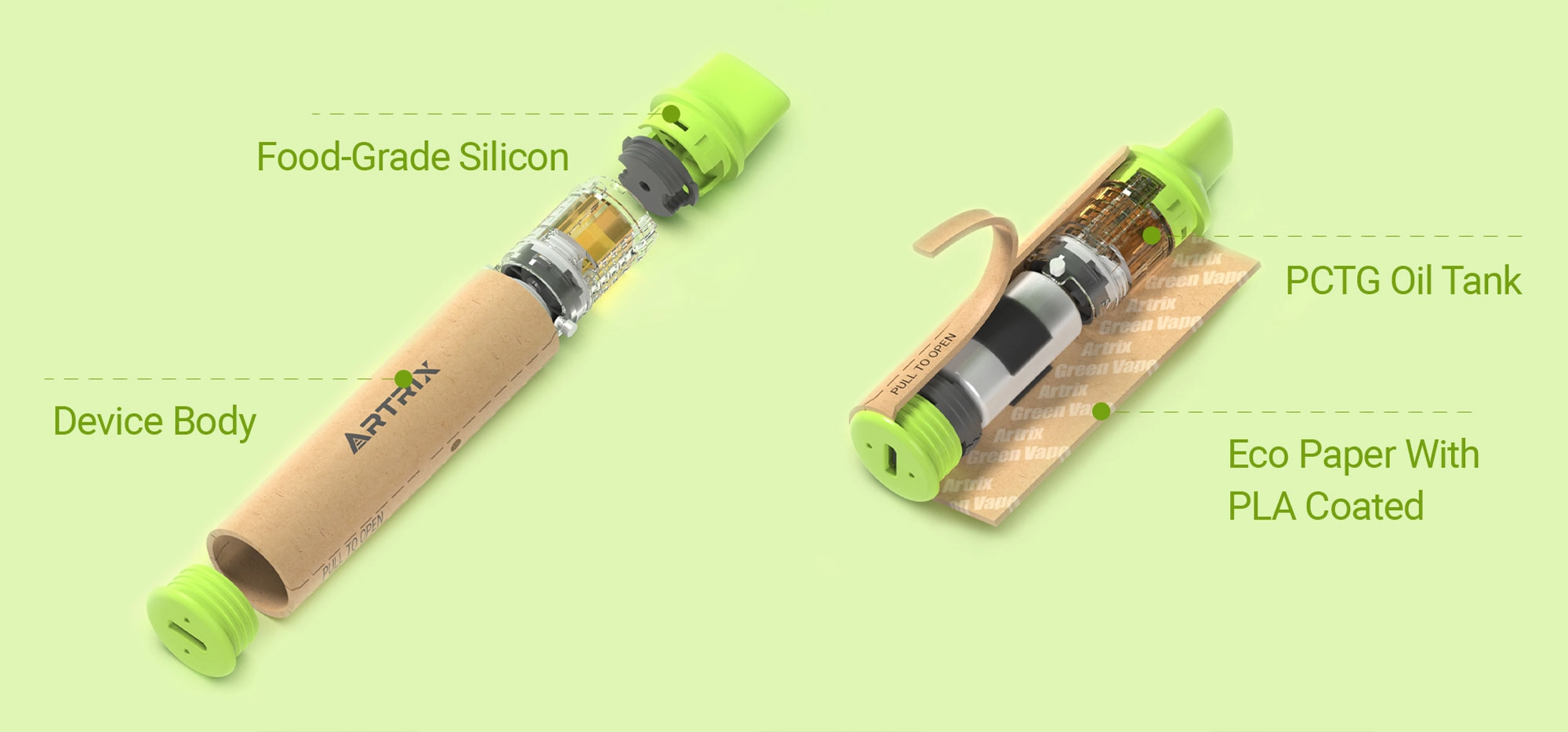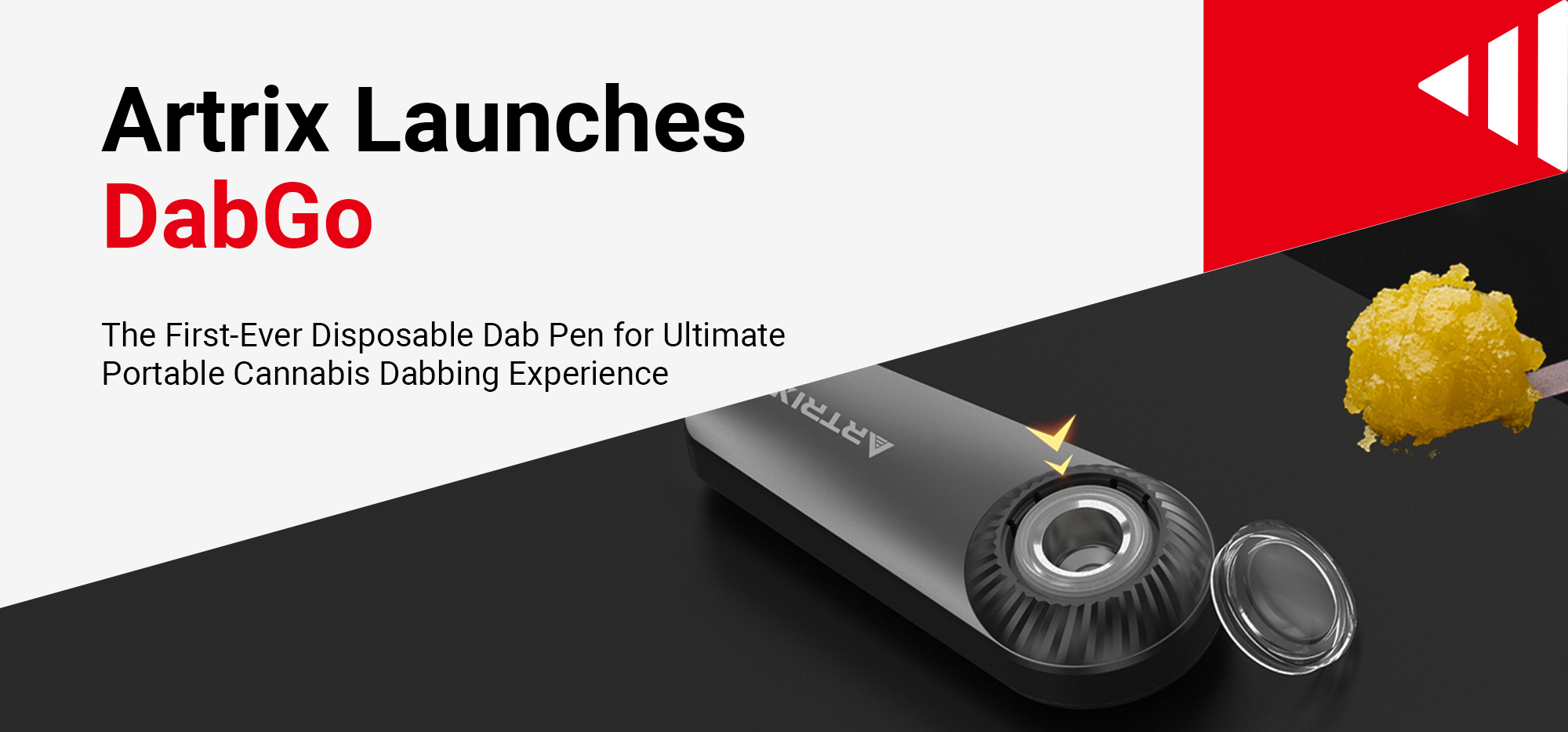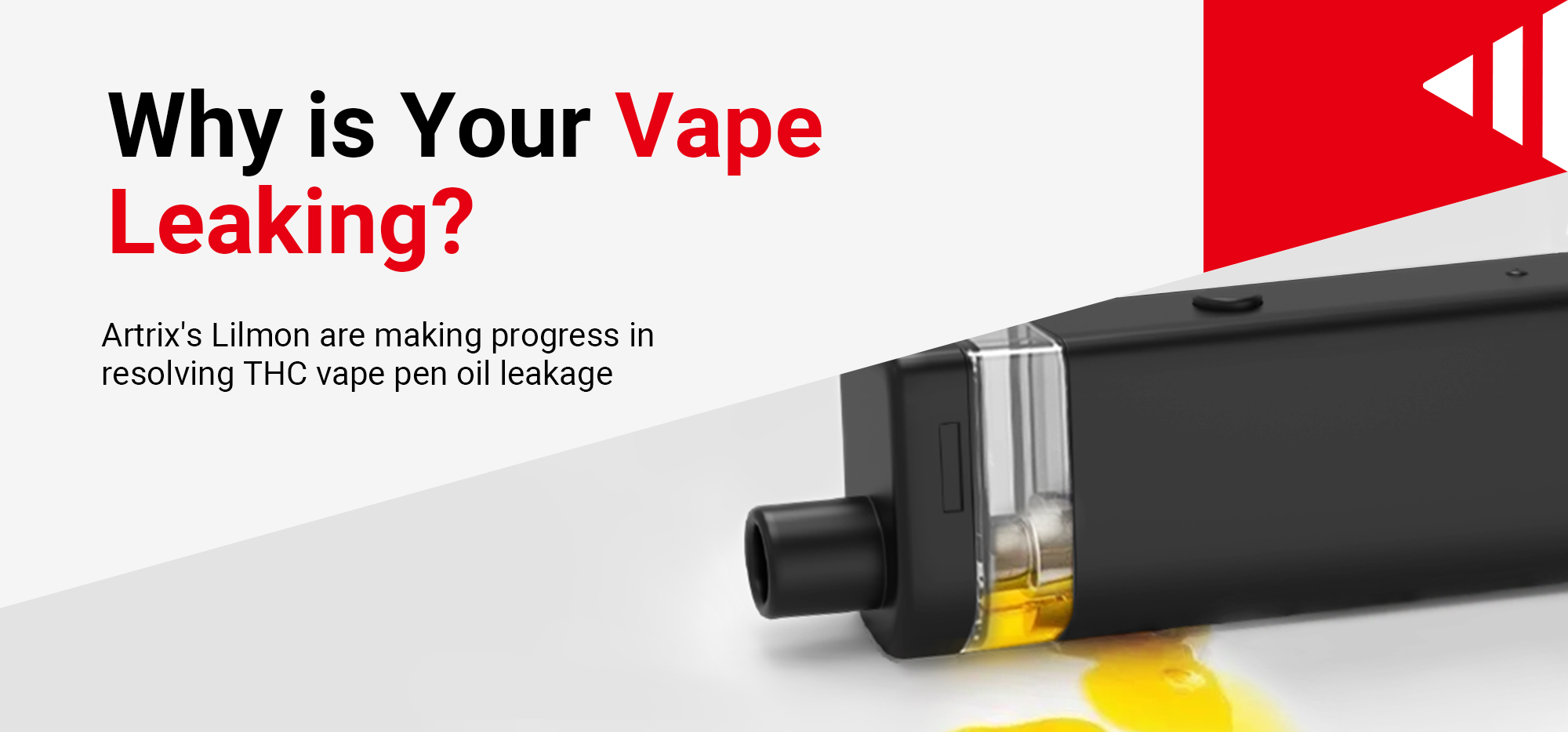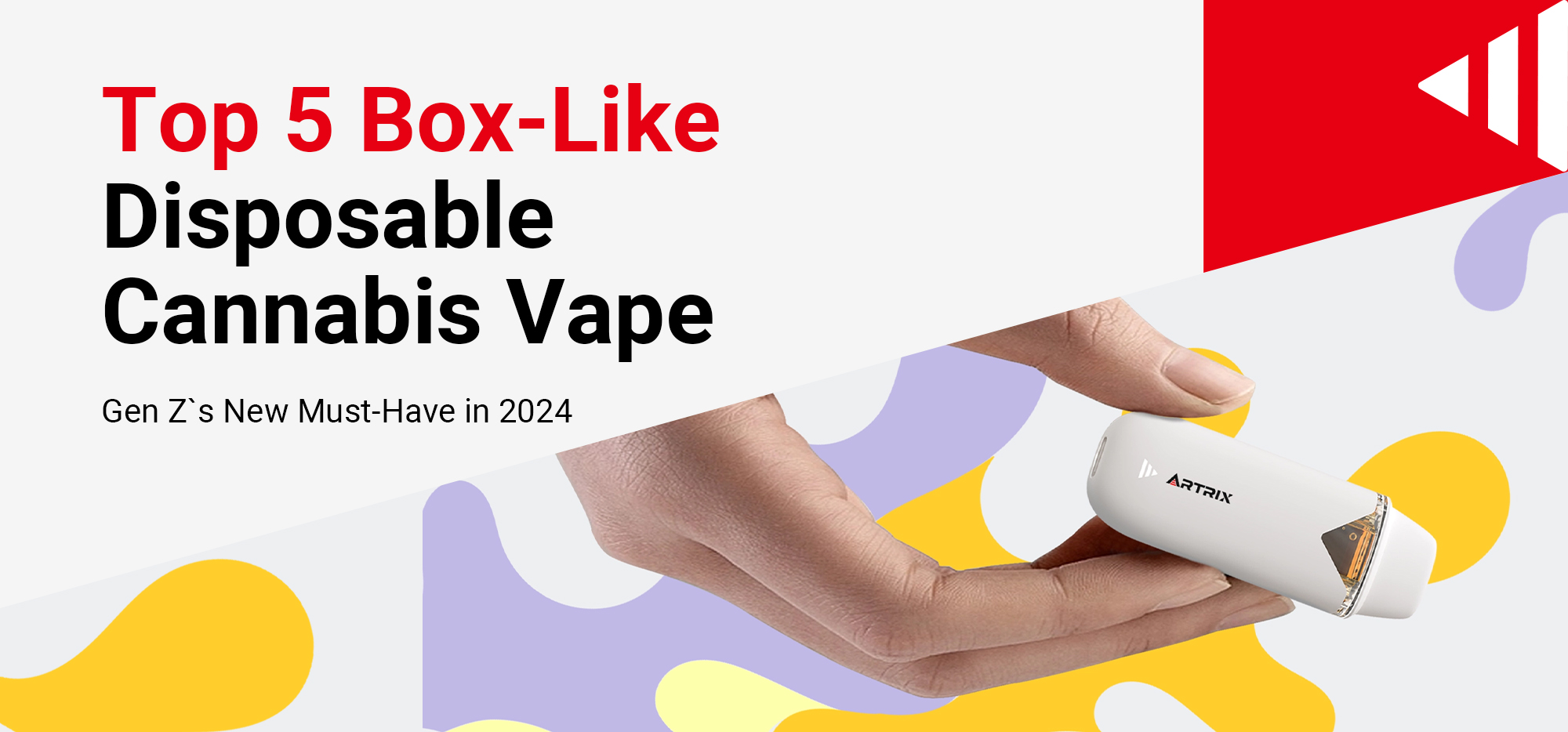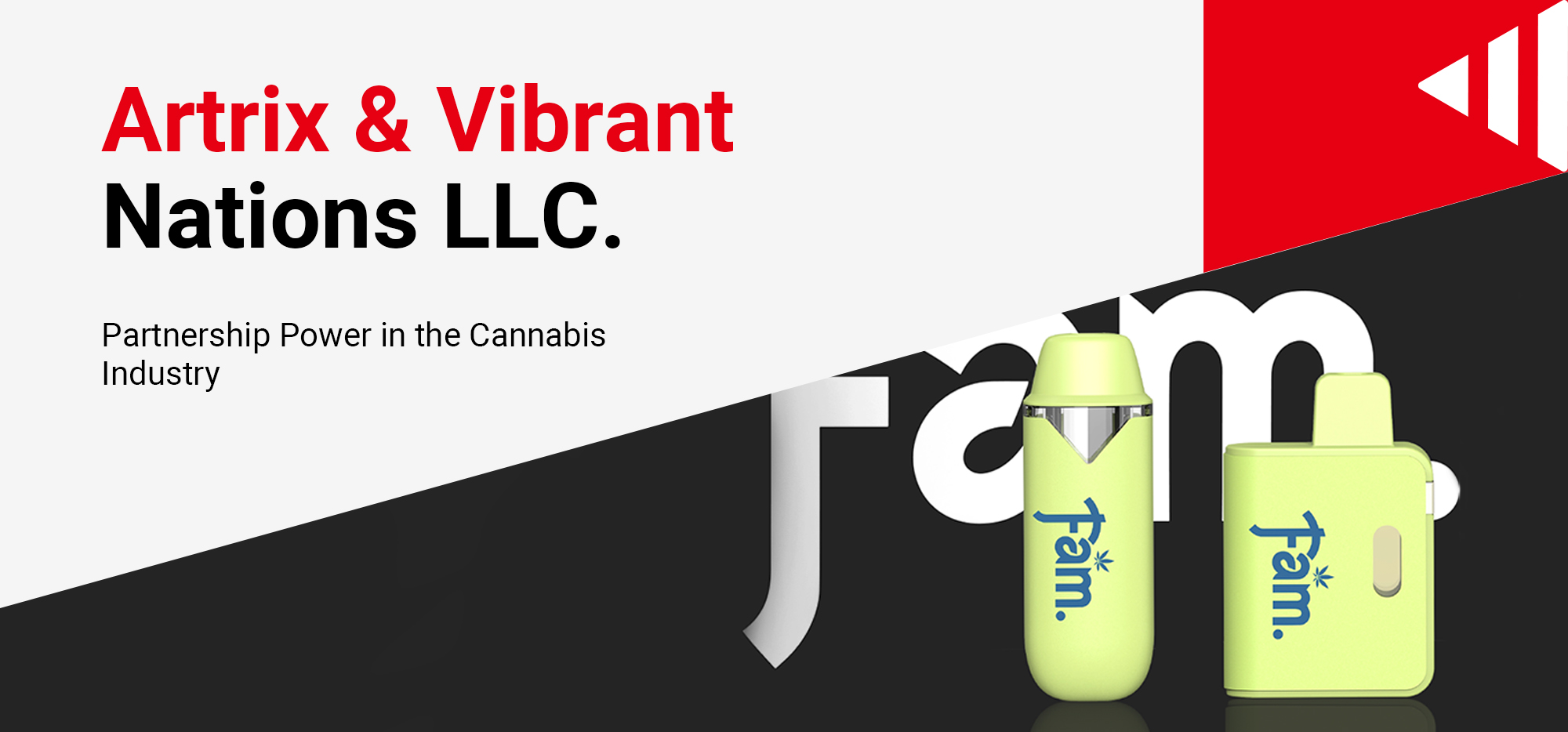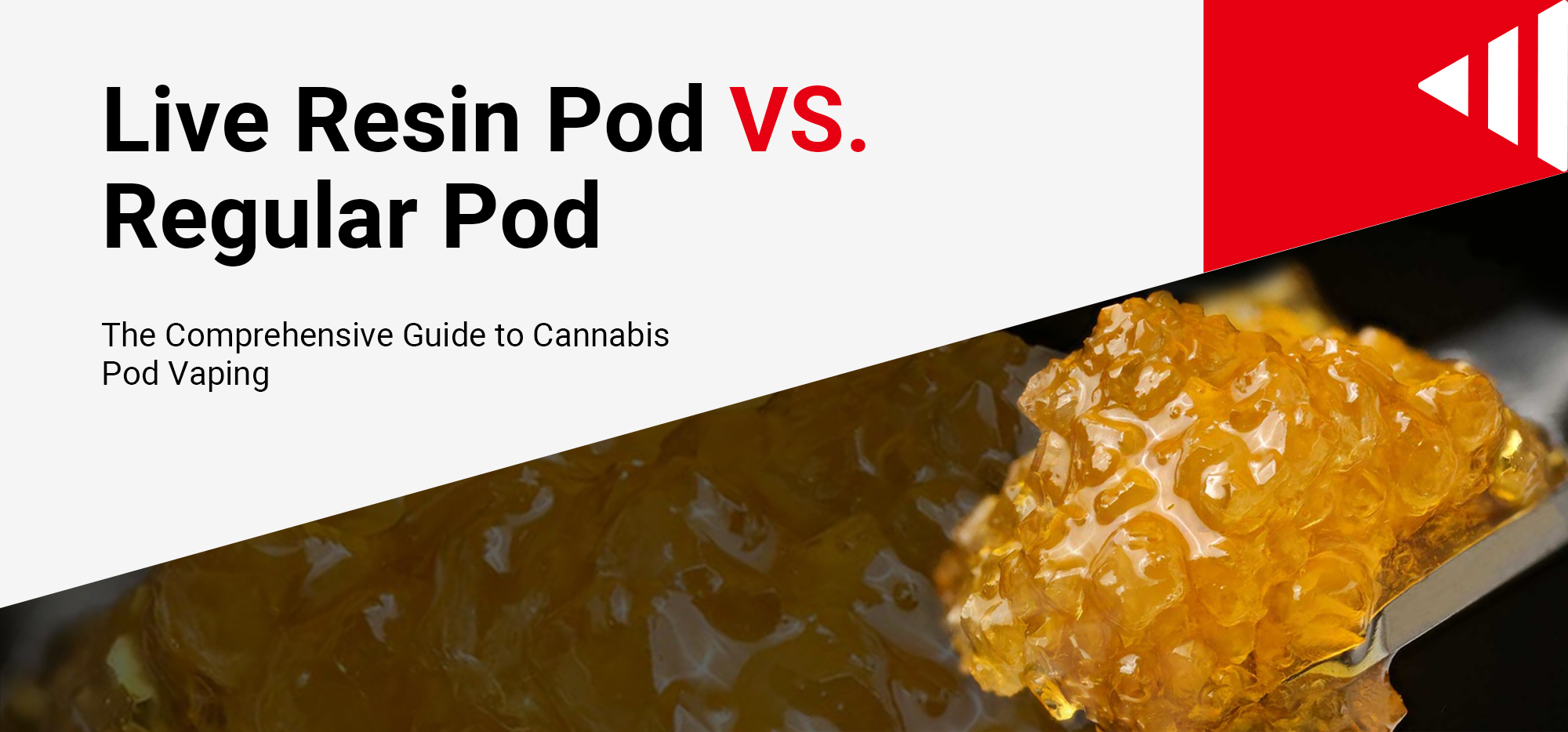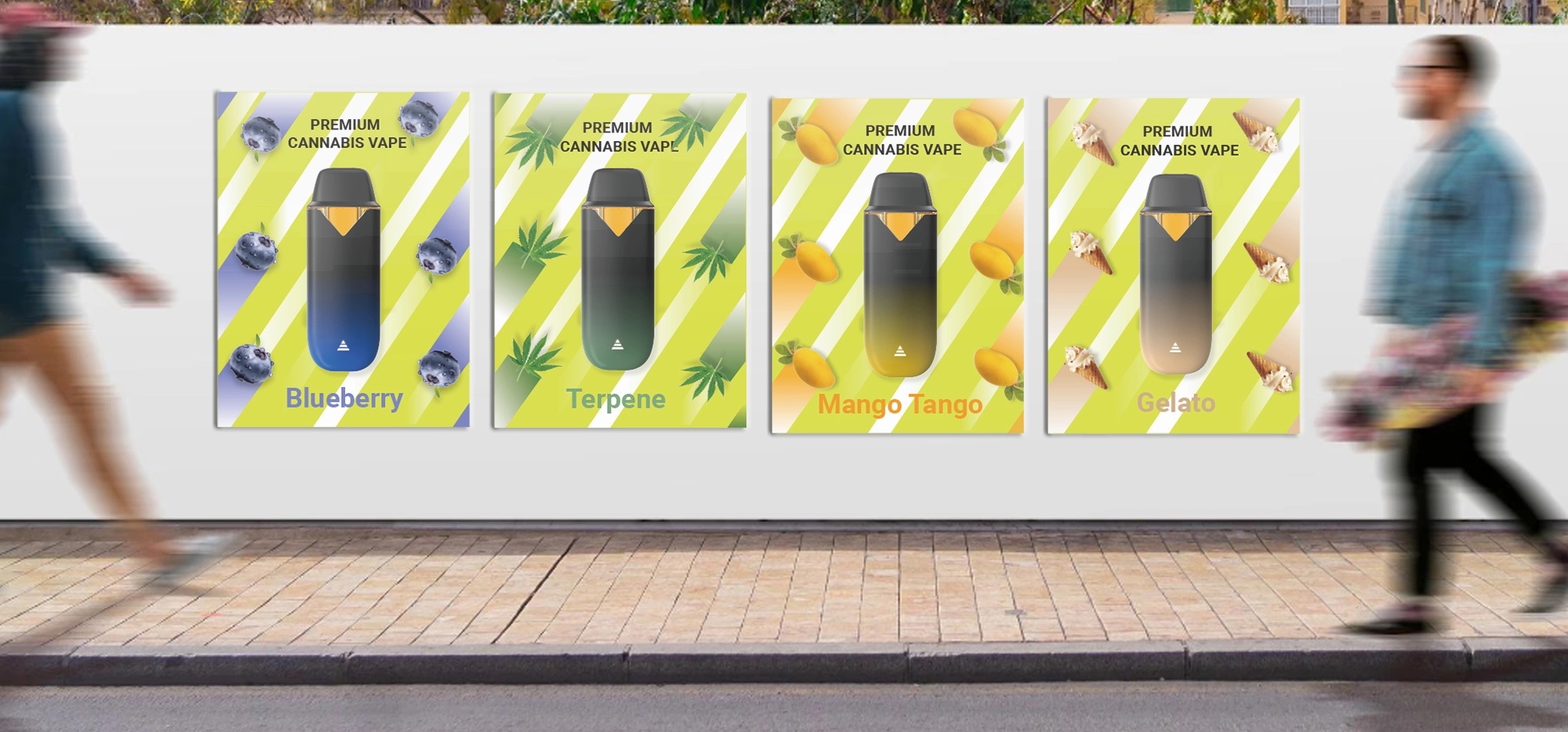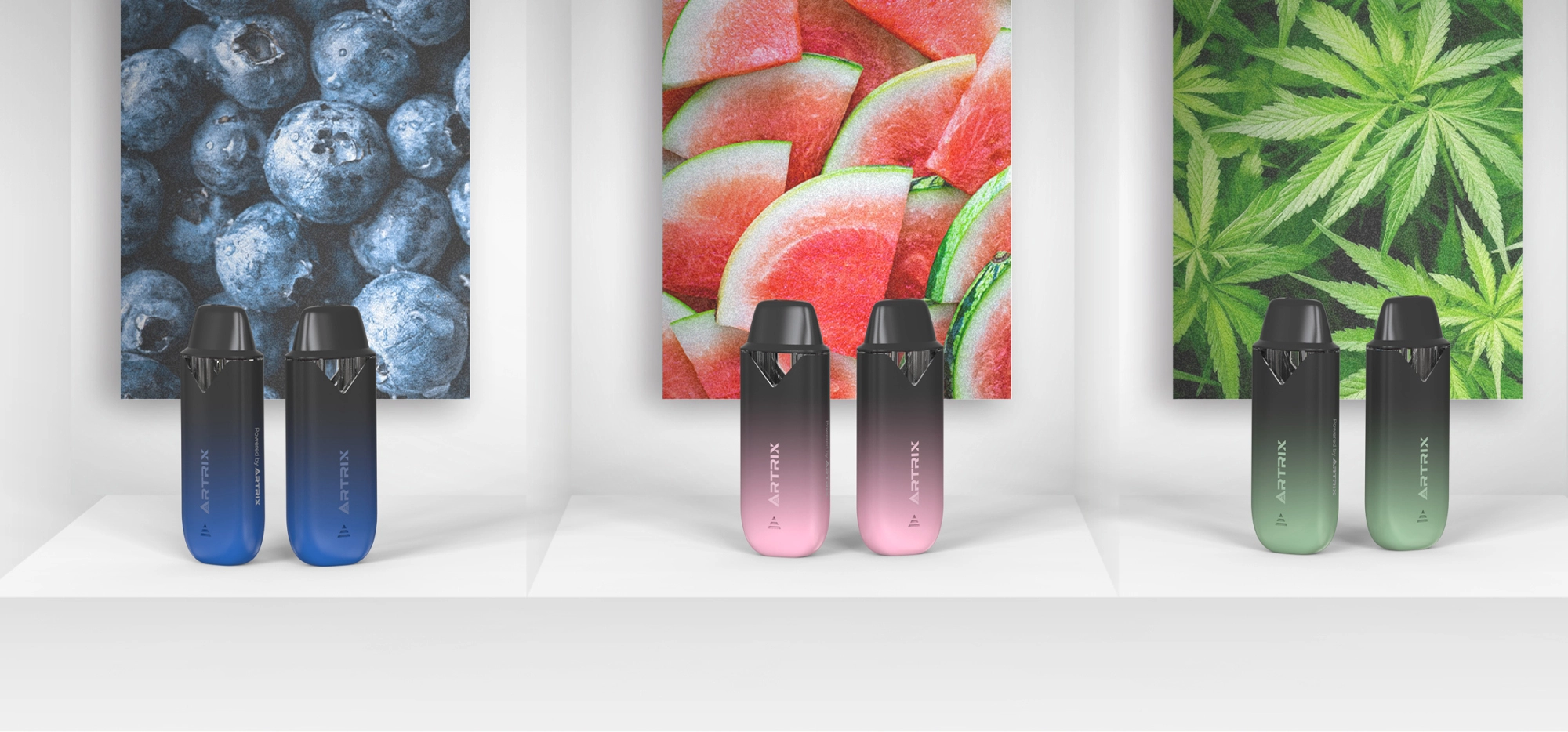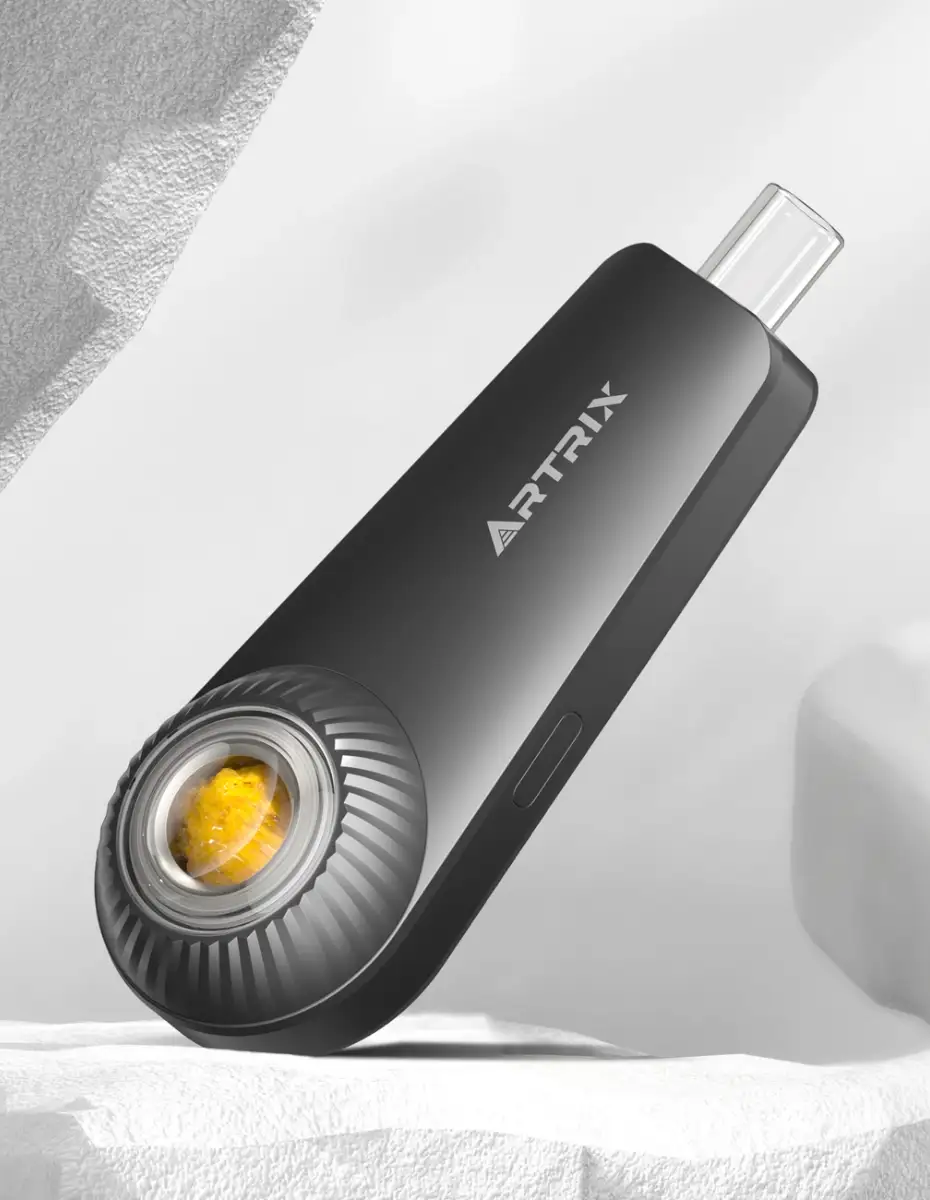Is THCa Legal? Exploring the Legality Behind THCa
THCa represents one of the most fascinating intersections of chemistry and law in the modern cannabis landscape. This naturally occurring compound exists in a unique legal space where its status can fundamentally change based on a simple chemical transformation—from non-psychoactive THCa to intoxicating THC through the application of heat.
What is THCA?
THCa (also THCa, THC-A, or THC A) is one of the latest alternative cannabinoids shaking up the hemp market. THCa, short for tetrahydrocannabinolic acid, is unique because it occurs naturally in the plant and transforms into psychoactive THC when heated and smoked. High THCA hemp products get people high and are broadly available nationwide.
What Makes THCA Controversial?
The debate around THCA, a compound in cannabis, hinges on its ambiguous legal status, spotlighted by the 2018 Farm Bill in the United States.
This legislation distinguished hemp from marijuana based on THC levels, defining hemp as cannabis with less than 0.3% THC, thereby legalizing it federally. However, the law overlooks THCA, a non-intoxicating precursor that can convert into THC—the psychoactive substance in cannabis—through heating.
The heart of the controversy lies in THCA’s dual nature. While raw cannabis contains THCA, which doesn’t affect the mind on its own, the process of decarboxylation (applying heat) changes THCA into THC, leading to intoxication. This transformation, which can also occur gradually during storage, challenges the legal distinction between intoxicating and non-intoxicating cannabis products. Consequently, the Farm Bill’s loophole has thrust THCA into a legal quandary.
Is THCa Legal? Navigating the Complexities in the US and UK
Is THCA legal to possess, or does it only become a legal issue when it’s heated and turns into THC? Both the US and UK governments seem to be in a gray area regarding this question.
Let’s look at the laws in the United Kingdom for example.
 A fact sheet published by the government states: “THC-A as an isolated substance, in its pure form, would not be controlled under the MDA [Misuse of Drugs Act] 1971 / MDR [Misuse of Drugs Regulations] 2001”
A fact sheet published by the government states: “THC-A as an isolated substance, in its pure form, would not be controlled under the MDA [Misuse of Drugs Act] 1971 / MDR [Misuse of Drugs Regulations] 2001”
 While this sentence makes pure THCA sound perfectly legal, the document also notes the threshold at which the molecule becomes illegal: “… THC-A will become a controlled substance by virtue of its degradation”
While this sentence makes pure THCA sound perfectly legal, the document also notes the threshold at which the molecule becomes illegal: “… THC-A will become a controlled substance by virtue of its degradation”
States Viewpoints of THCA
The situation in the US is similarly unclear. The Food and Drug Administration in the United States published a report that details the regulation of cannabis and cannabis-derived products. Despite mentioning the legal status of cannabinoids such as THC, CBD, and delta-8 THC, the document doesn’t mention THCA once, leaving cannabis users at a dead end.
Despite these uncertainties, acquiring THCA typically involves handling cannabis plants, which is illegal under federal law in the US, the UK, and many other European countries. Yet, importing THCA into the UK, for example, remains technically legal, despite the potential for its conversion to THC. As research into THCA’s properties advances and legislators become more acquainted with cannabis constituents, clearer regulations are anticipated to emerge.
THCA in Hawaii
Hawaii’s House Bill 1246 represents one of the most comprehensive cannabis legalization frameworks published in 2025, establishing the Hawaii Cannabis Law with an effective date of January 1, 2026. This legislation creates the Hawaii Cannabis and Hemp Office as an independent regulatory body with authority to oversee all aspects of the cannabis plant, including medical use, adult use, and hemp. The law legalizes adult-use cannabis sales starting January 1, 2026, allowing persons 21 and older to possess up to one ounce of cannabis flower and five grams of cannabis products. The framework includes a robust taxation system with a 14% tax on adult-use cannabis sales and a 4% tax on medical cannabis sales, with revenues directed toward social equity programs, public health initiatives, and regulatory operations
THCA in Florida
THCA is legal in Florida as of June 2025, but with specific conditions that create a careful legal balancing act. Hemp-derived THCA is federally legal under the 2018 Farm Bill and Florida follows this framework through its state hemp program. The key requirement is that THCA products must contain less than 0.3% Delta-9 THC by dry weight to remain compliant with both federal and Florida state laws.
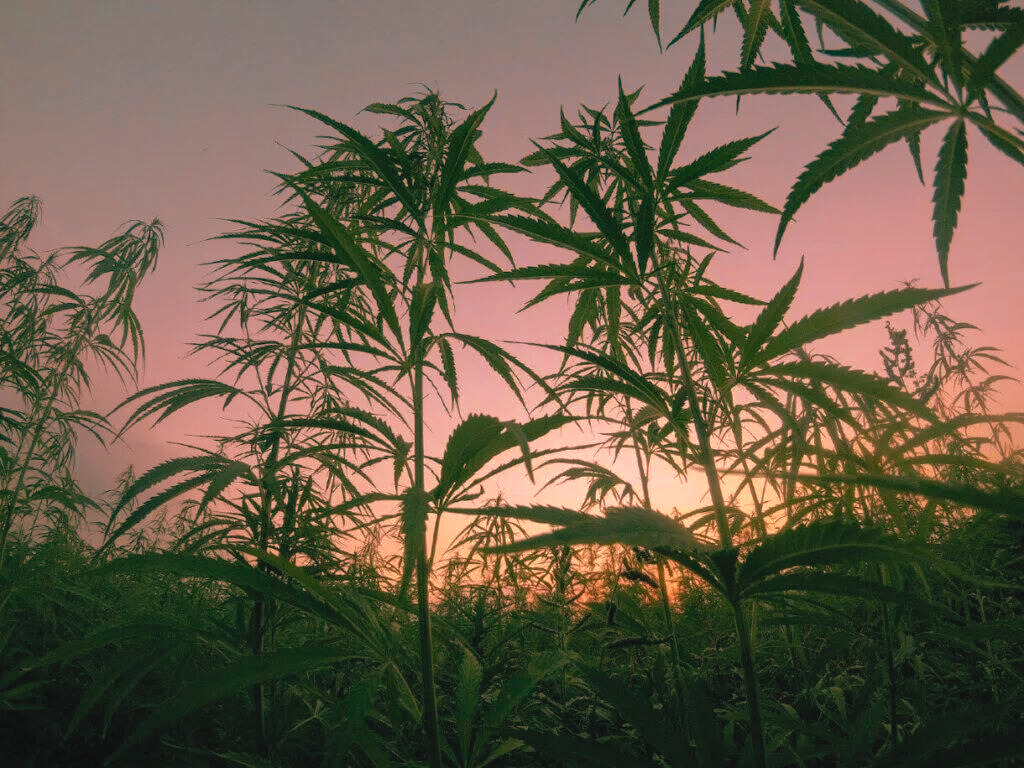
Is THCa Hemp Flower and Vape Pen Lawful Under Federal Law?
THCa flower and vape pens have taken over menus at hemp shops and online retailers by storm – and business is booming. States known for their prohibition of cannabis are now a-flush with flowers, and a simple web search yields hundreds of online retailers eager to ship THCa flowers to your door. What exactly are THCa flower and vape pens?
THCa Flower: THCa (Tetrahydrocannabinolic acid) flower refers to the raw cannabis buds rich in THCa, a non-psychoactive cannabinoid precursor to THC. Unlike THC, which produces the iconic “high” associated with marijuana, THCa does not intoxicate users until heated, which smoking flower will accomplish. It is primarily found in fresh, undried cannabis plants, and only converts into THC when exposed to heat through a process called decarboxylation.
THCa Vapes: THCa vapes contain a concentrated form of Tetrahydrocannabinolic acid (THCa), a non-psychoactive precursor to THC found in raw cannabis plants. When heated in the vape, THCa converts to Delta-9 THC, offering the same effects as your typical THC vapes.
So, are these THCa products legal? According to federal law in the U.S., they are legal as long as they contain less than 0.3% THC. This rule comes from the 2018 Farm Bill, which says that cannabis products with low THC are considered hemp, not marijuana, and are therefore not illegal. The DEA (Drug Enforcement Administration) agrees with this, saying any cannabis product with THC below 0.3% is legally considered hemp. This legal clarity offers a solid foundation for the burgeoning market of THCa hemp flowers and vape pens, providing a pathway for consumers to access these products within the framework of federal law.
Consumption Concerns: Is THCA Safe?
While the legal status of THCA remains somewhat uncertain, research into its impact continues. Researchers continue to uncover evidence of potential health benefits and associated risks when THCA is consumed irresponsibly.
THCA provides therapeutic benefits such as anti-inflammatory and neuroprotective effects, and relief from nausea and vomiting, especially in chemotherapy patients. It also acts as a potent antioxidant for daily use. However, heating THCA into THC can lead to intoxication, so it’s crucial to choose products that pass post-decarboxylation testing and ensure the purity of the cannabis plants from which THCA is derived.
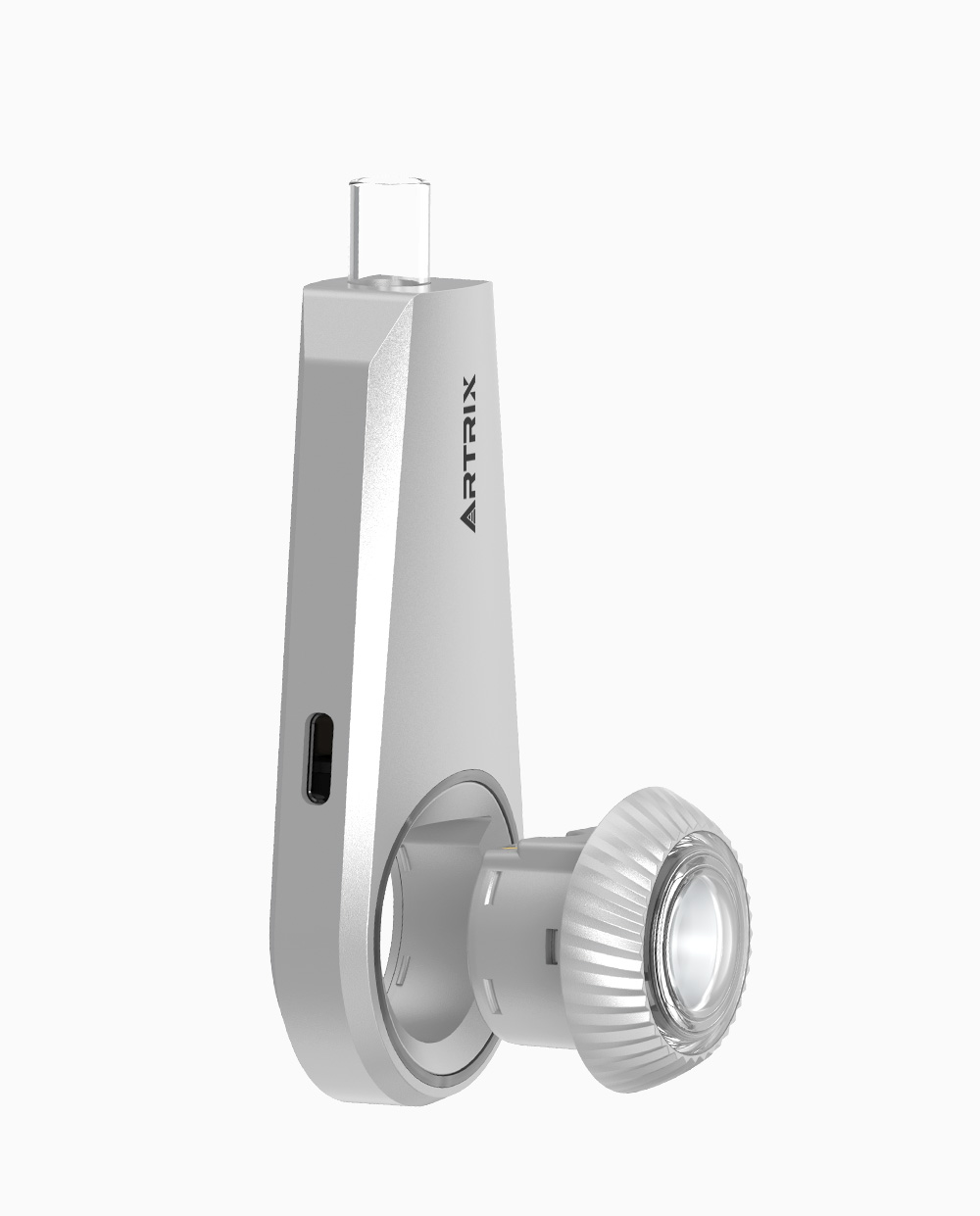
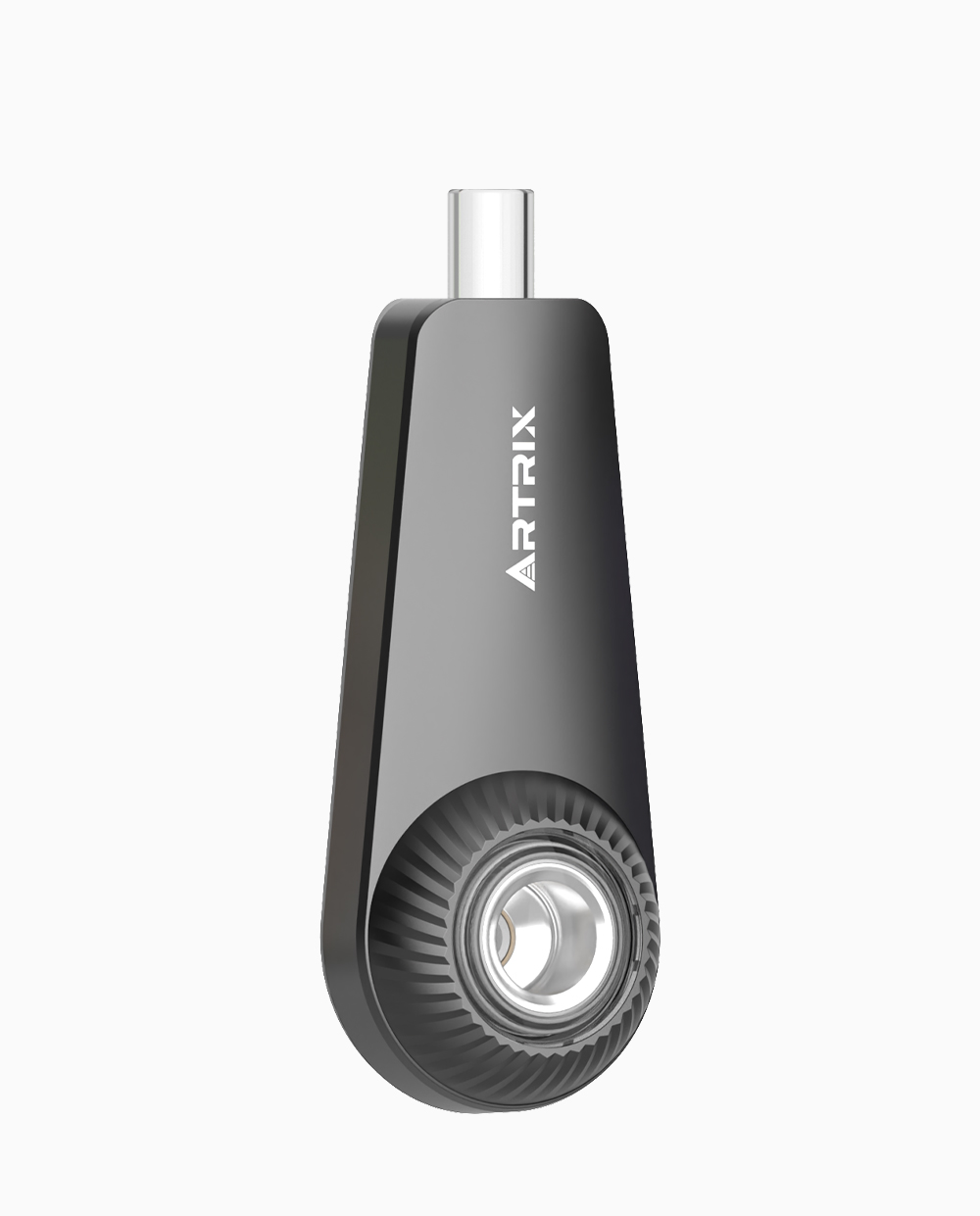
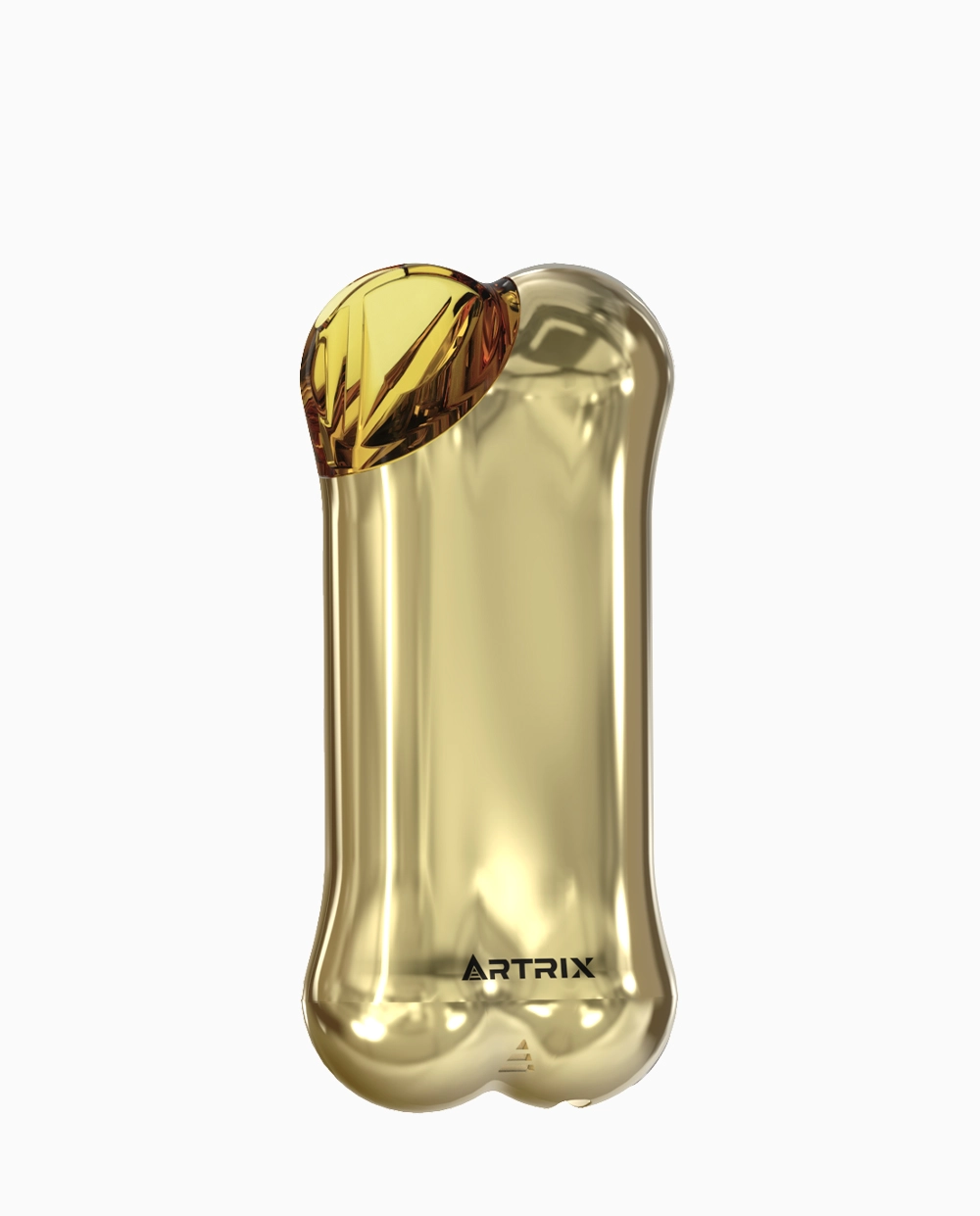
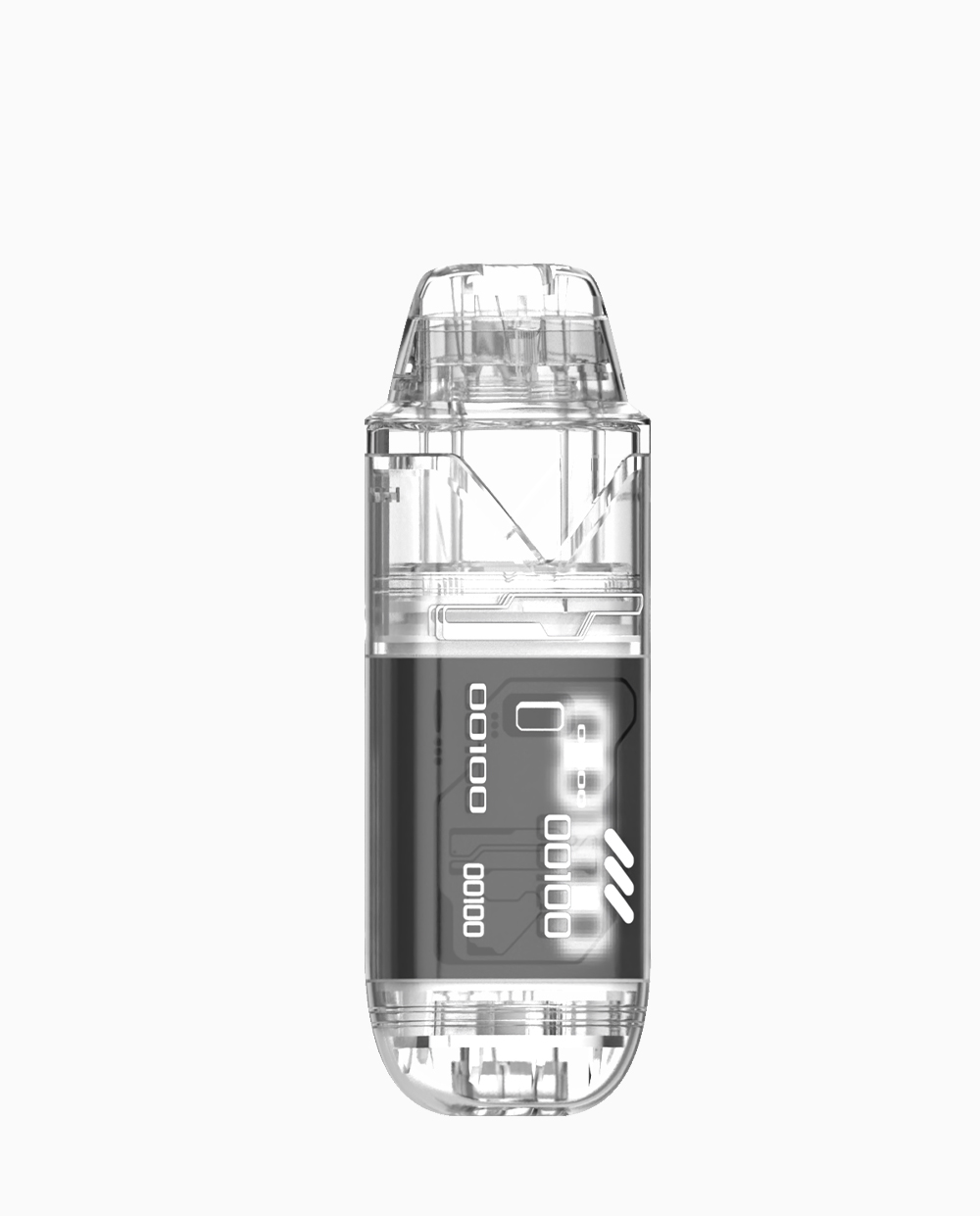
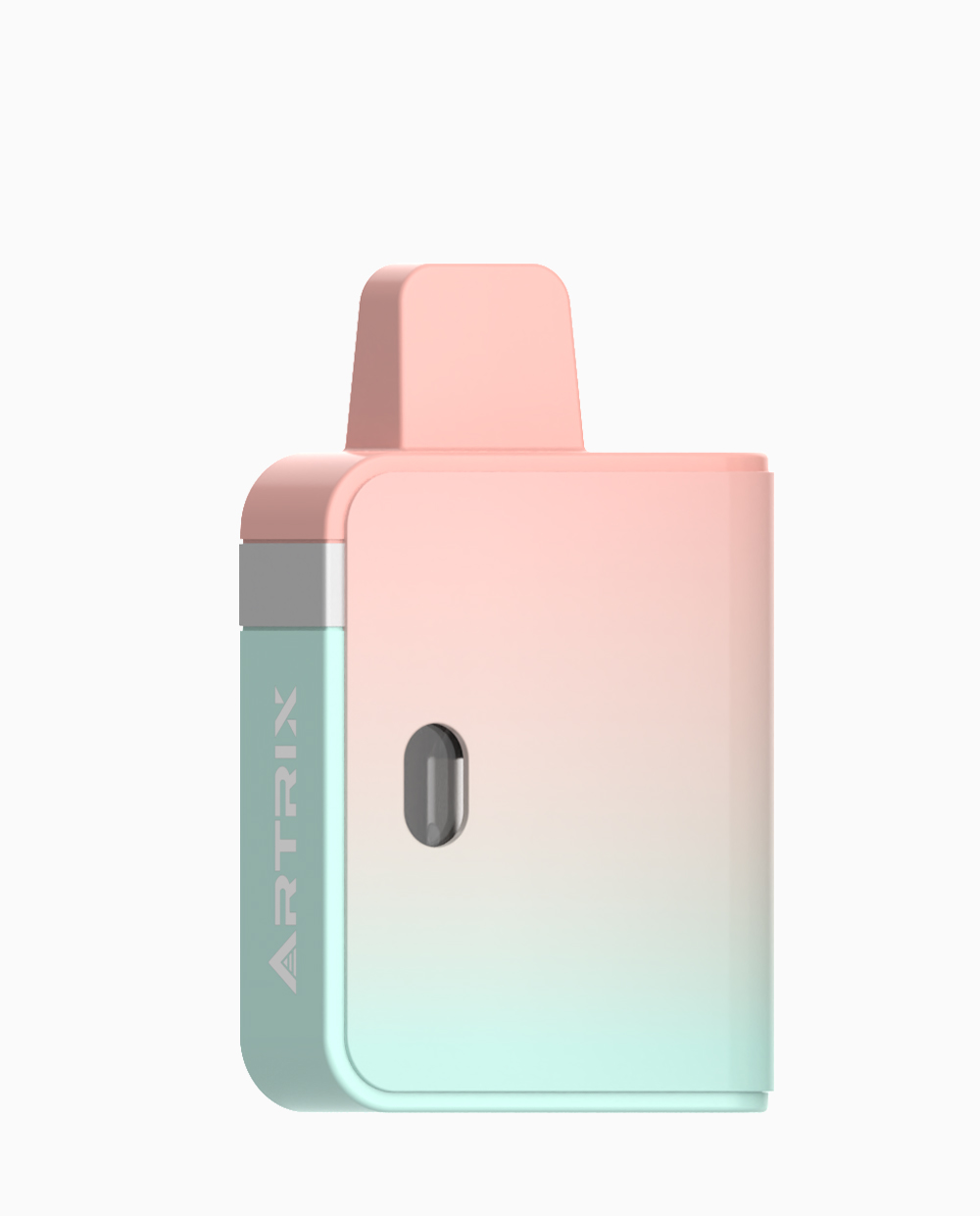

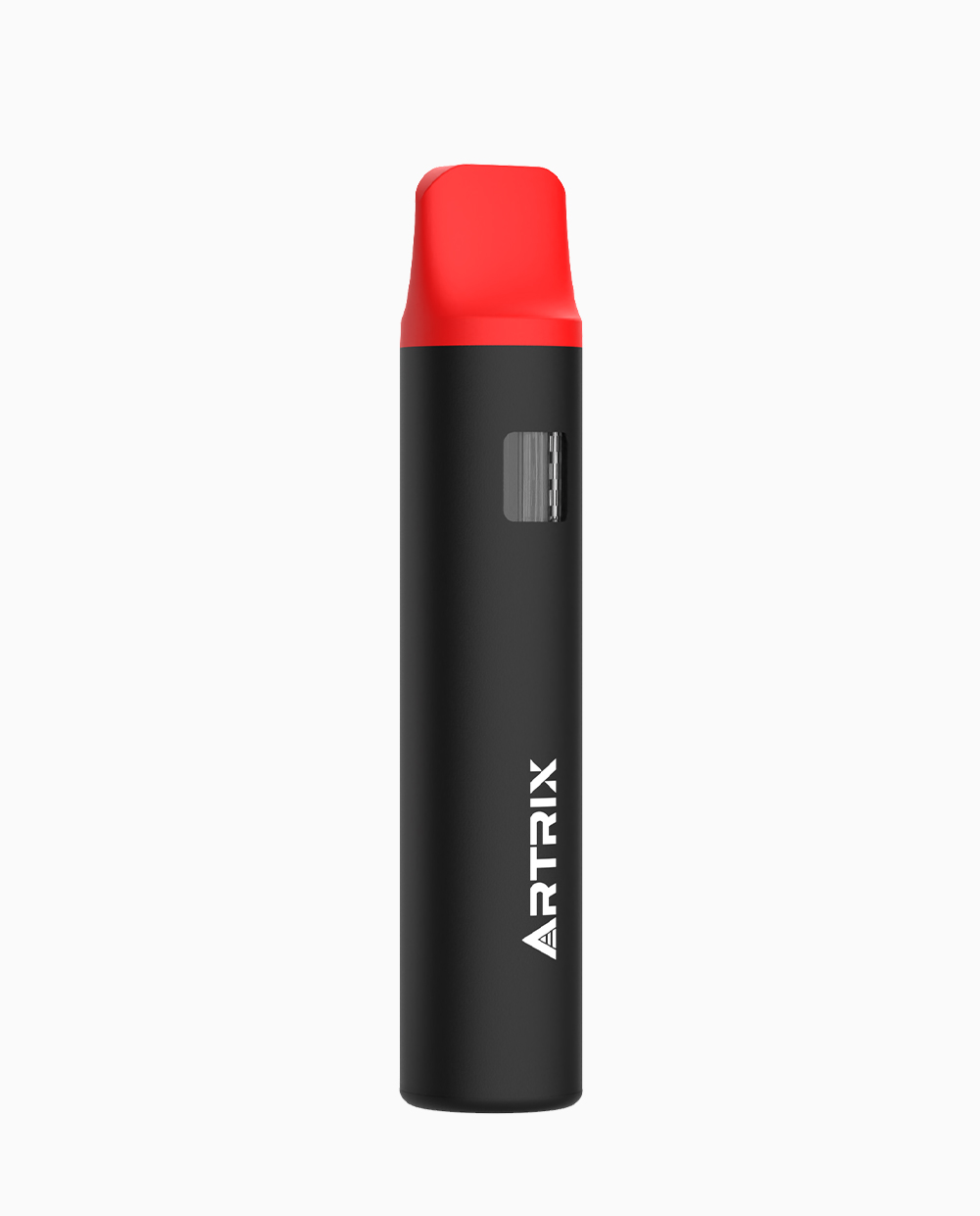
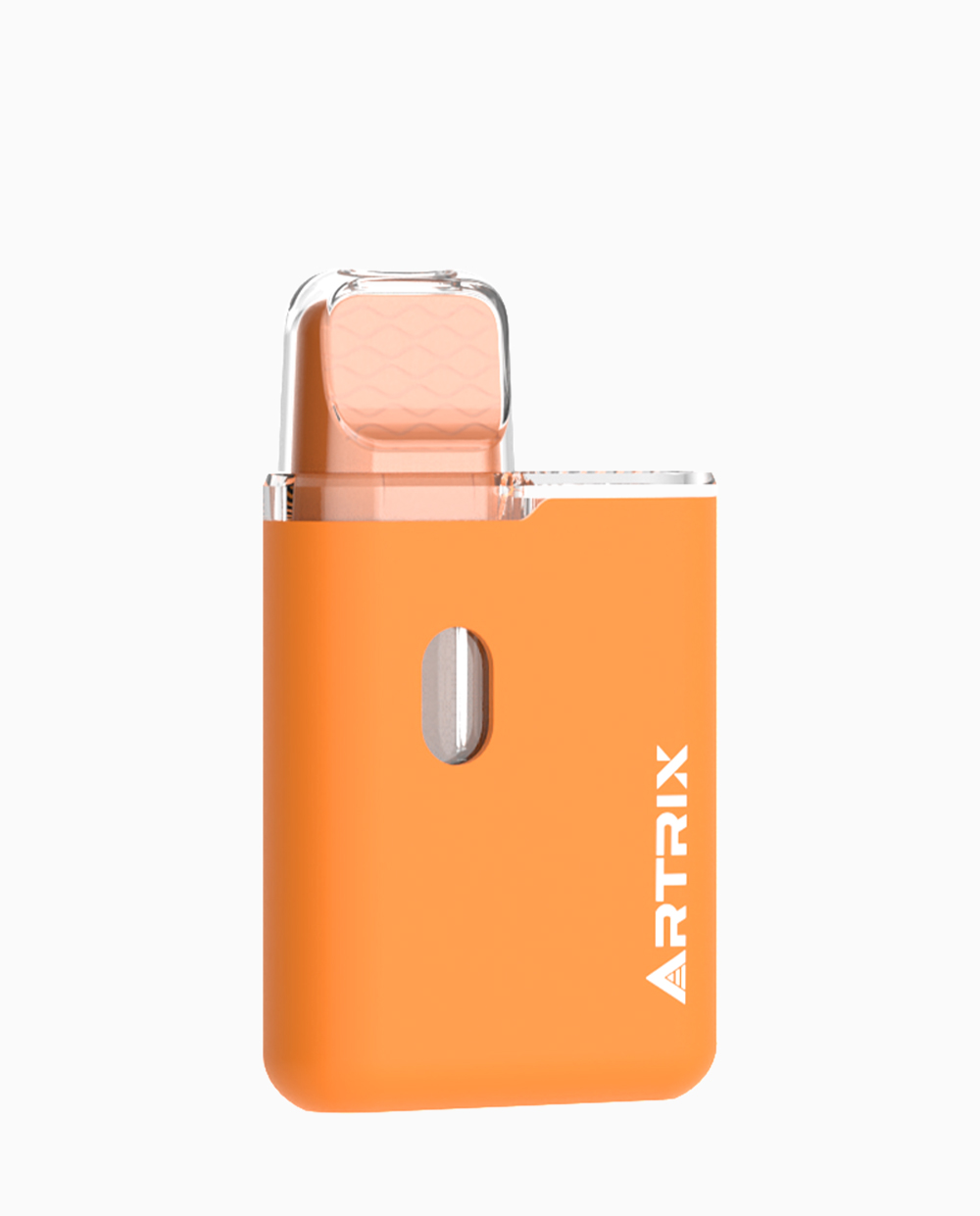
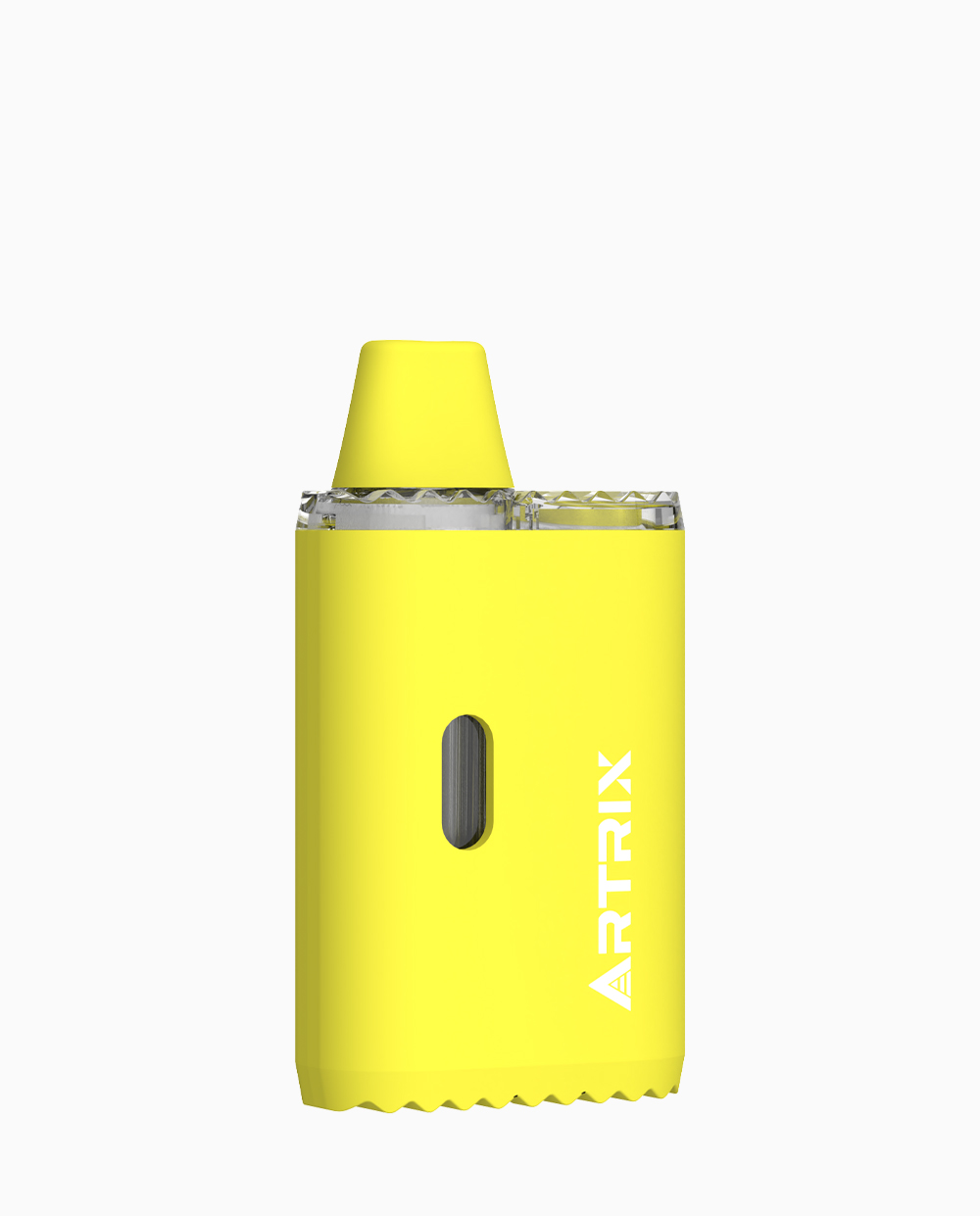
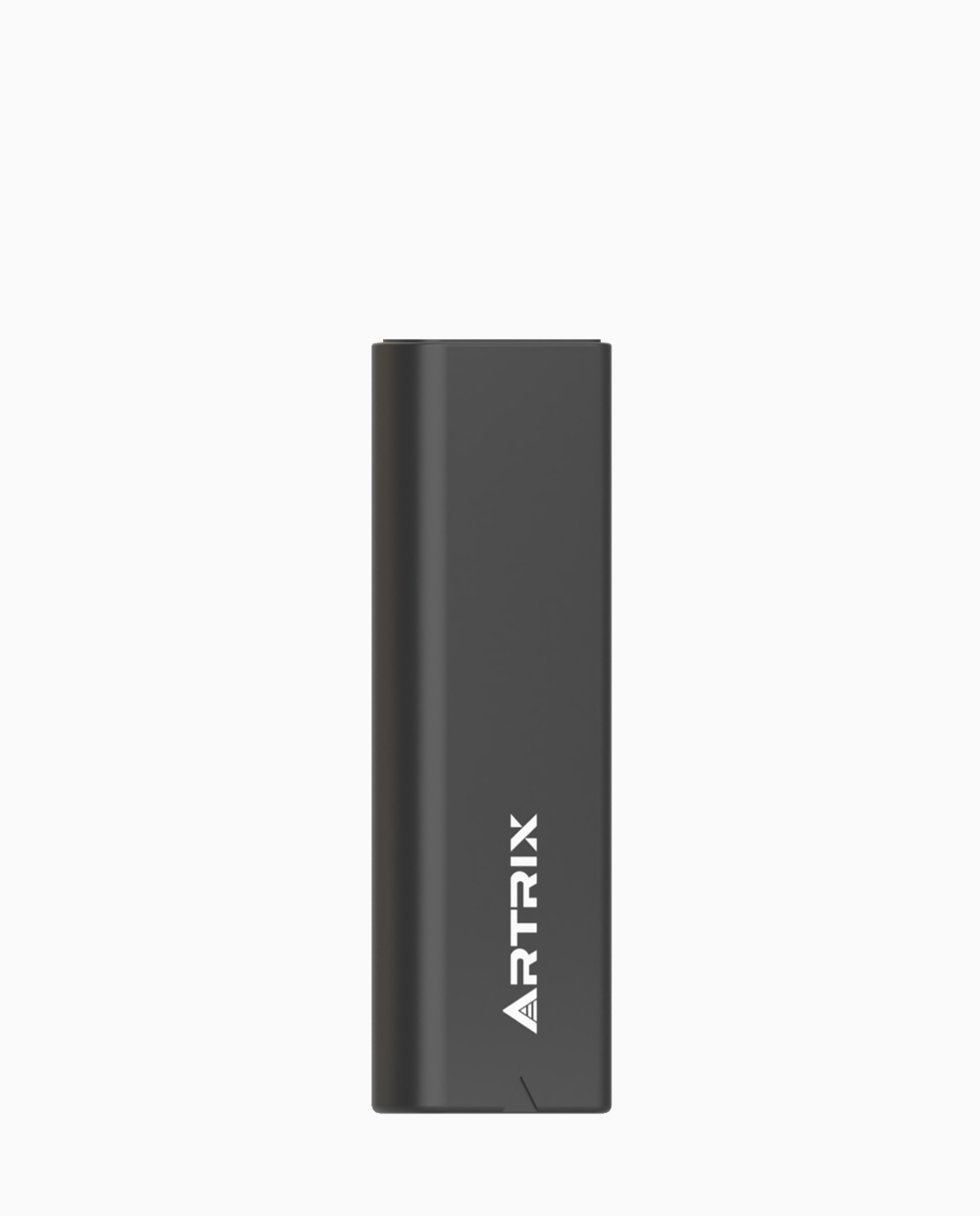
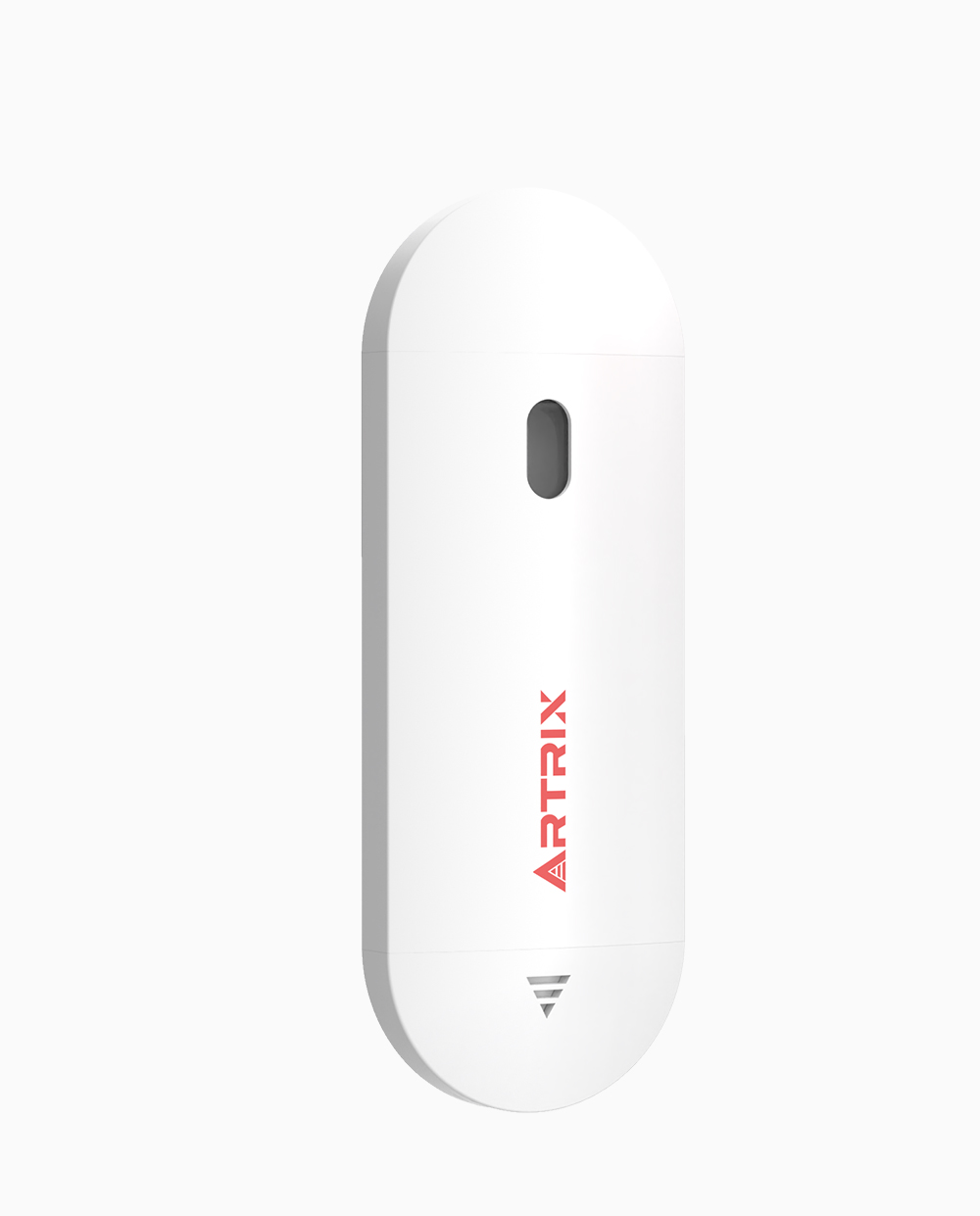



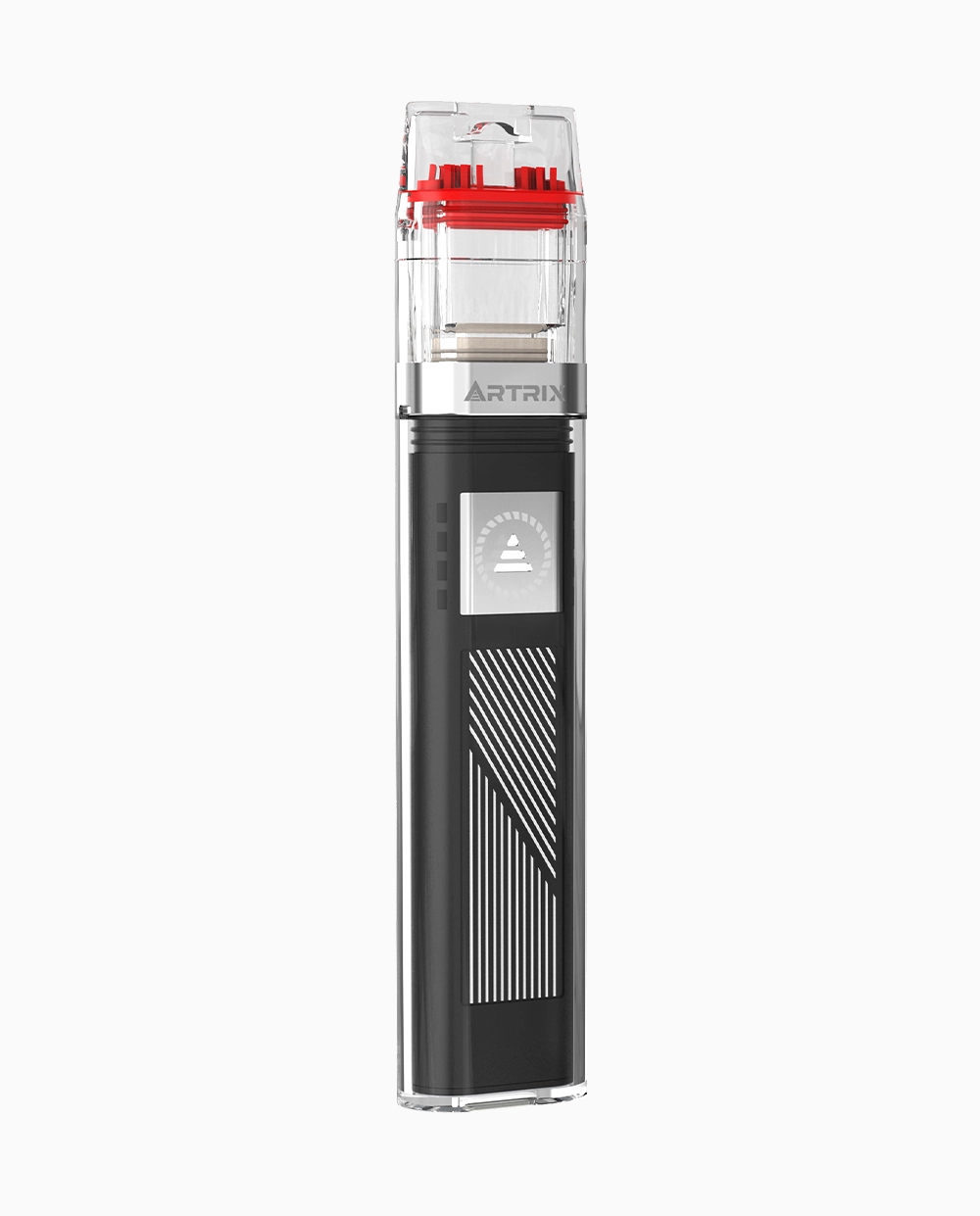
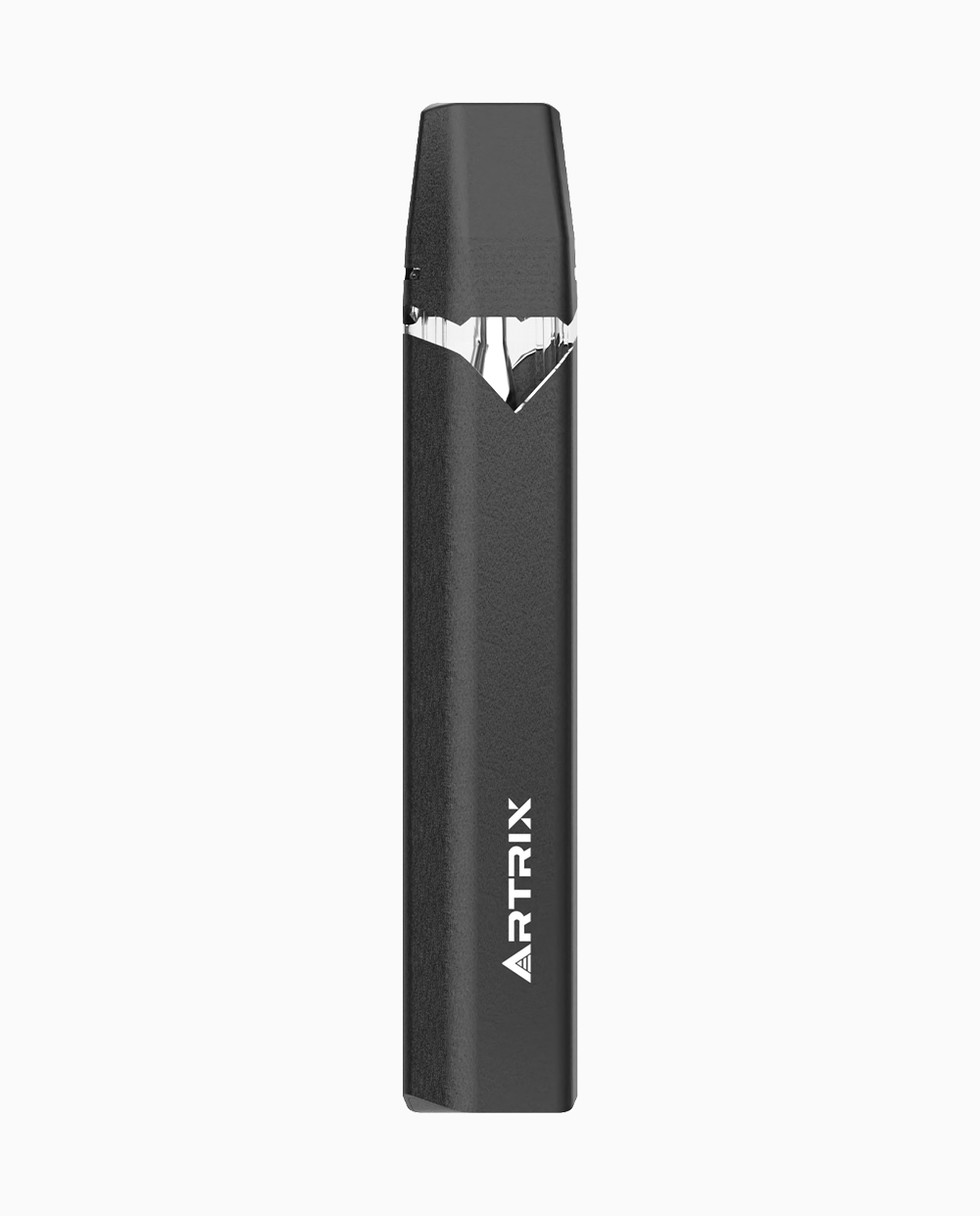
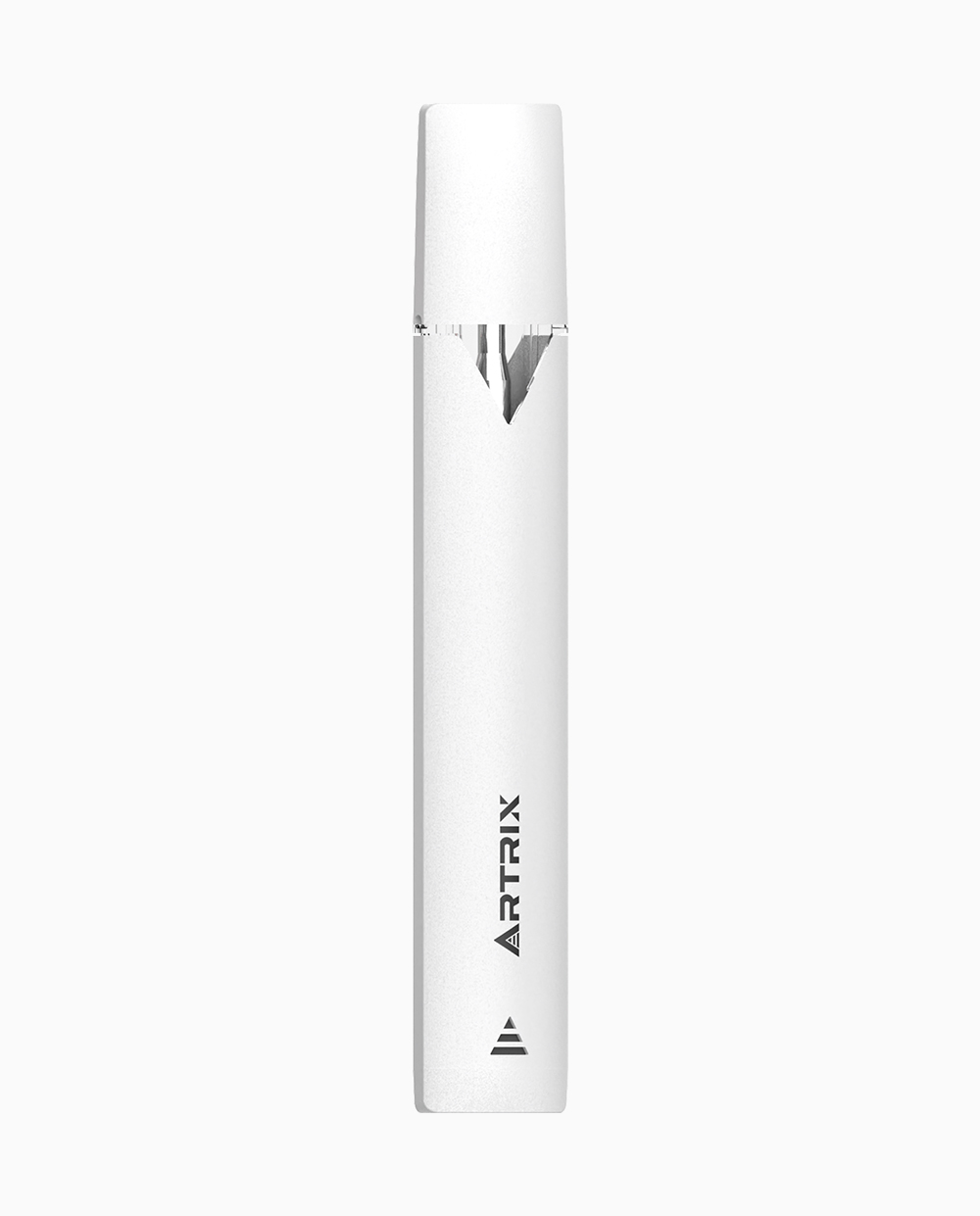
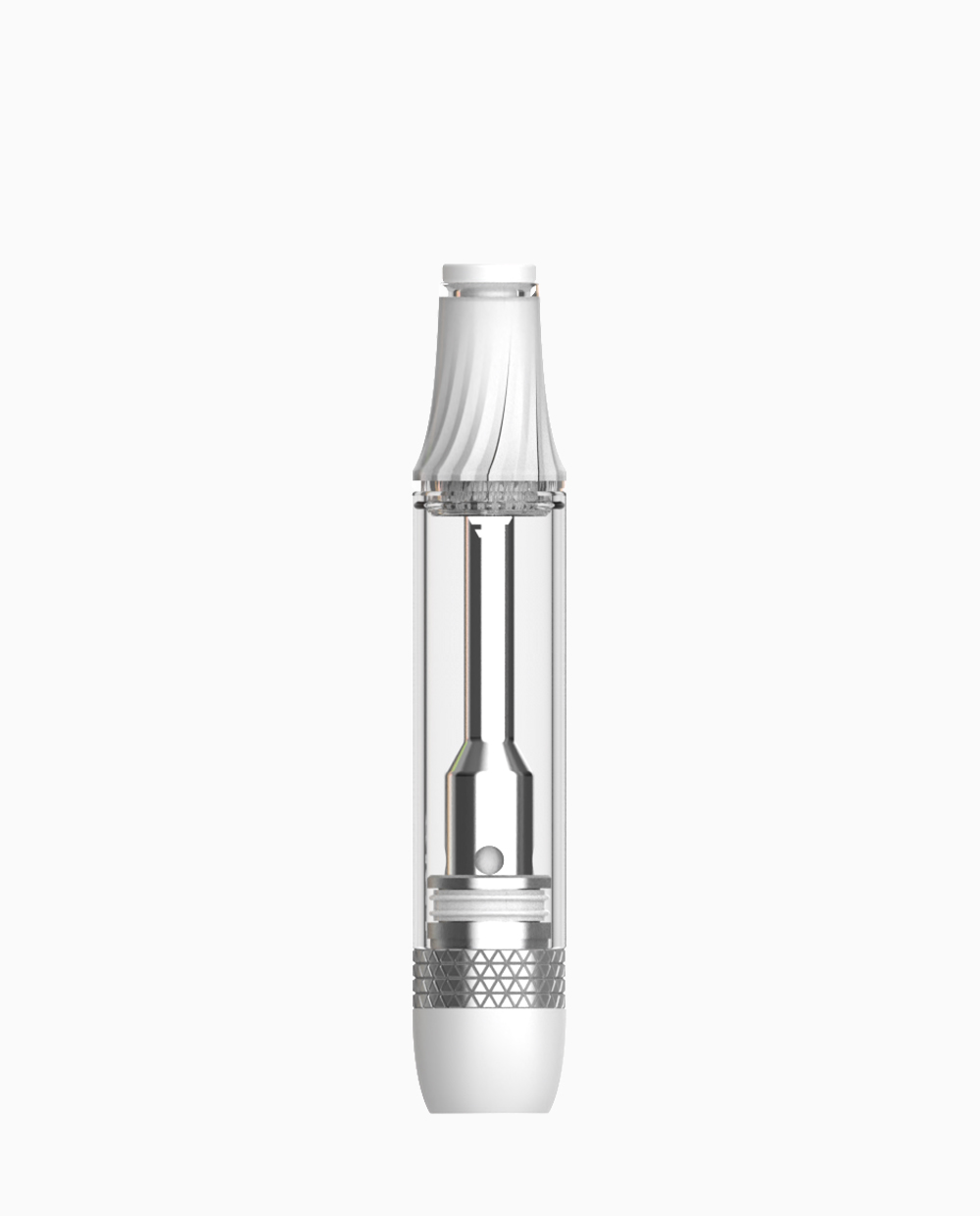

-1.webp)
-1.webp)
-2.webp)






